If you are clearly among the fans of the brand and the operating system, and not just among ordinary users, then you probably won't let the solution you are using right now. We have two camps here, one is Apple users using iPhones with iOS, the other is Android users using Android devices of course. But the situation is not black or white in either case.
Let's try to look at the update situation objectively and dispassionately. Apple has a clear advantage in that it sews hardware and software under one roof, so it has the maximum possible control over how it will look and, for that matter, how it will work. It also knows exactly which chips can handle which version of the system, so that it always delivers the perfect user experience without unnecessarily waiting for a reaction after a given action. So we currently have iOS 16 here, which cut off iPhone 7, or iPhone 8 and later support it. What does it mean?
The iPhone 7 and 7 Plus duo was introduced in September 2016, followed by the iPhone 8, iPhone 8 Plus and iPhone X a year later, which was September 2017. In the end, Apple only provided support for iOS 16 to 5-year-old devices, which is not too much, even considering its competition. Of course, we don't know how long it will support this series of iPhones now, when they can still get iOS 17 or even iOS 18. In any case, it is true that iOS 16 is only supported by 5-year-old devices and newer.
Samsung is the leader in smartphone sales worldwide, but it is also the leader in Android adoption. Google states that all manufacturers must provide their devices with at least two system updates, with Pixel phones itself offering three updates. But Samsung goes further, and on mid-range and high-end models manufactured in 2021, it also guarantees four years of Android updates and 5 years of security updates (is there really such a difference from Apple?). In addition, it is relatively fast in accepting the new system, when it wants to catch up with the update wheel for all its supported models by the end of this year. But it's one thing for them to provide the update, and another for the user to install it.
It could be interest you
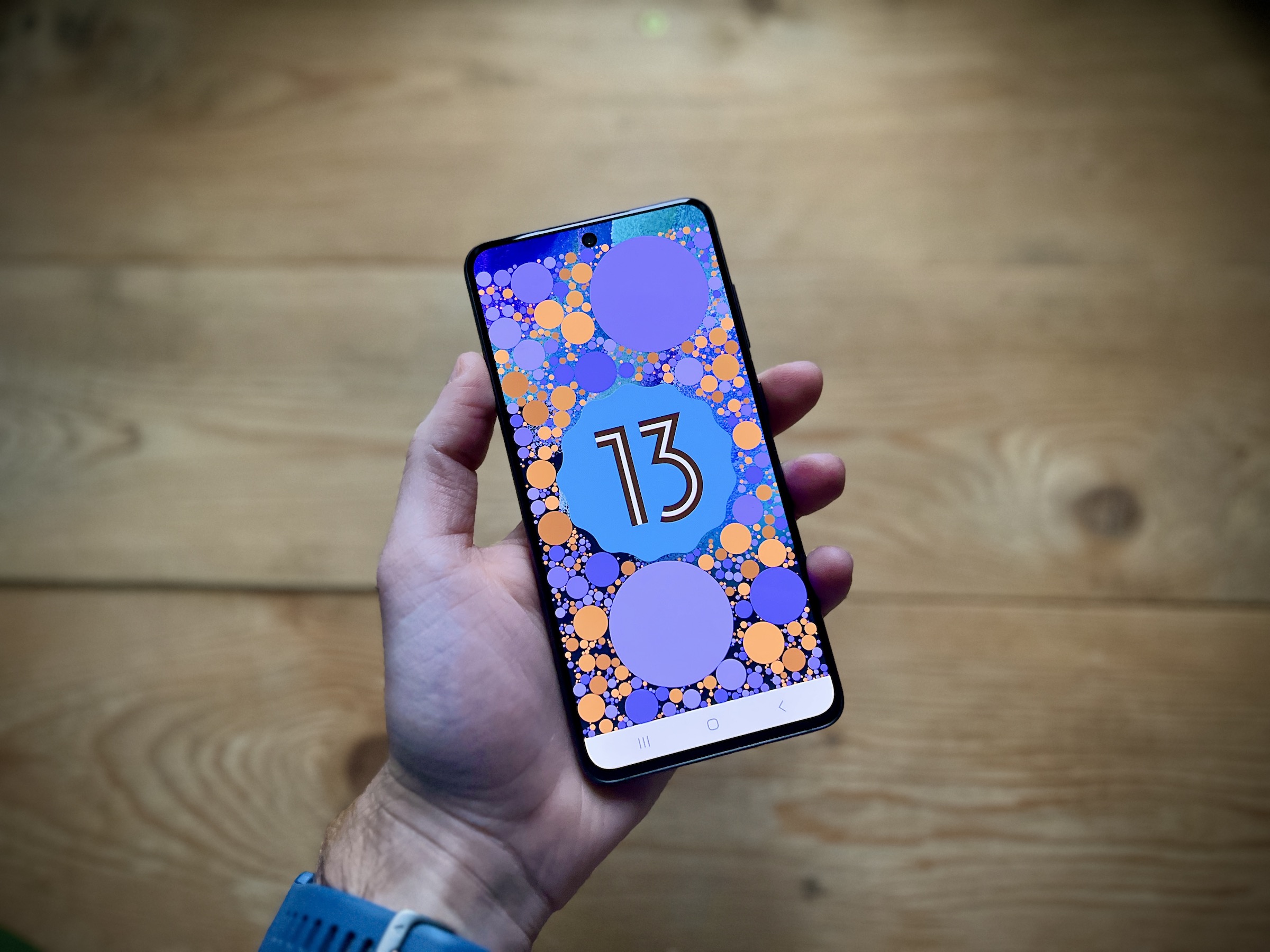
Two worlds, two situations, two opinions
If your iPhone loses iOS support, it doesn't just mean that you won't be able to enjoy new features, which might be the least of it. The worst thing about this is that if your iPhone no longer supports the current iOS, its full usability is limited to a maximum of one following year. App developers are especially to blame. They try to keep up with Apple and update their applications with regard to the latest iOS, but if you use the older one, you will typically reach a state within a year where you will not be able to run the installed applications. They will prompt you to update, but you will not be able to do so because your old iPhone will no longer offer it. So you have no choice but to not use the apps, use them in their web form if possible, or simply buy a new iPhone.
It is in this respect that Android is different. It is not moving forward in terms of adoption, also due to infrequent updates (as said, the vast majority of manufacturers only provide two updates for a given device). For that reason, developers do not need to develop applications for the latest system, but for the most widespread system, which logically is not and will not be the latest. A leader it's still Android 11, which is just under 30% followed by Android 12, which is just over 20%. At the same time, Android 10 is still holding on to 19%.
It could be interest you

So what's the point of updates better? Getting new and new functions into the system, for a longer period of time, but suddenly throwing away the phone, because it is no longer supported by Apple or the developers, or enjoying system updates only "for a while" but being assured that everything will work correctly on my device, and for many years?
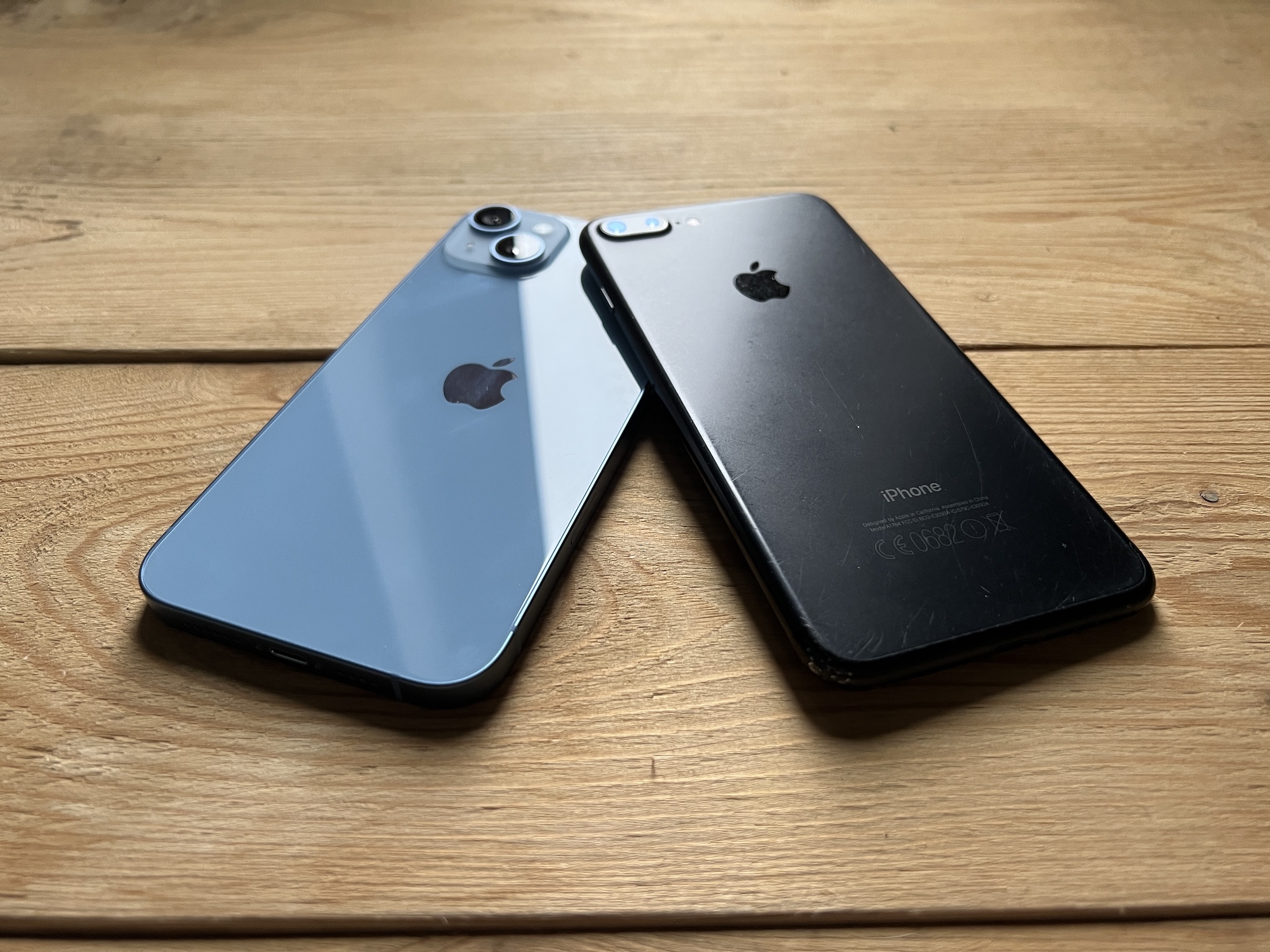

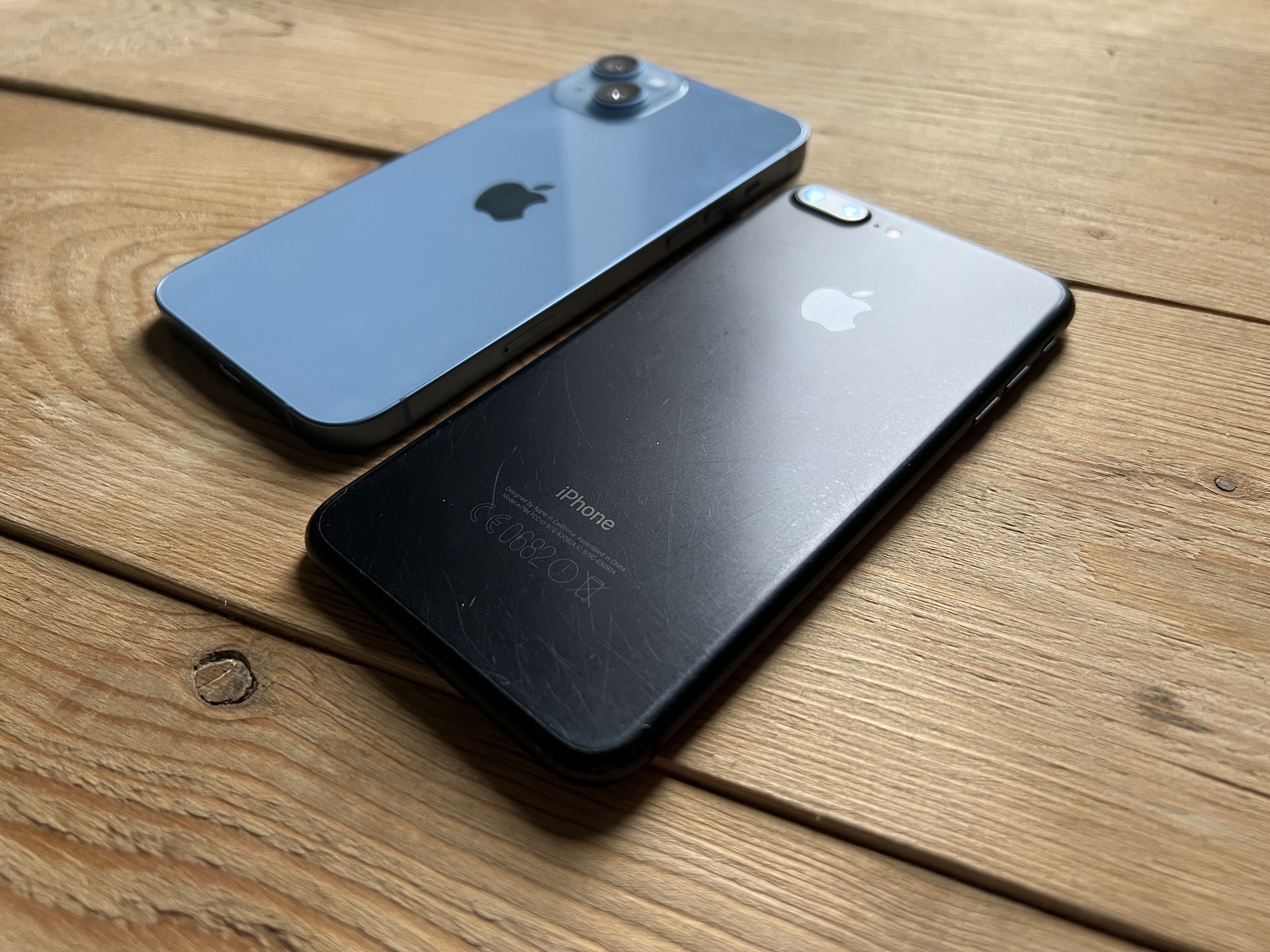
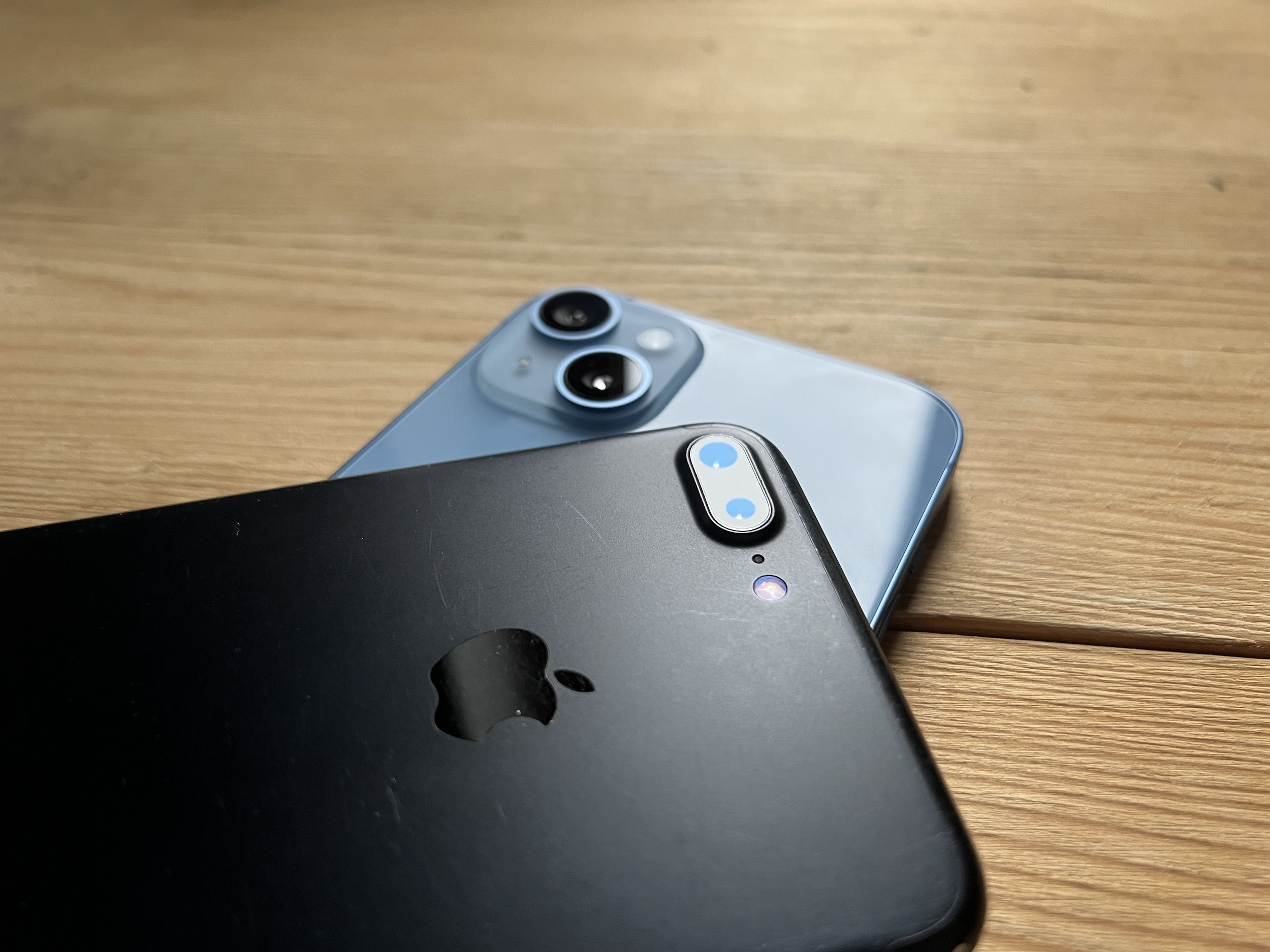
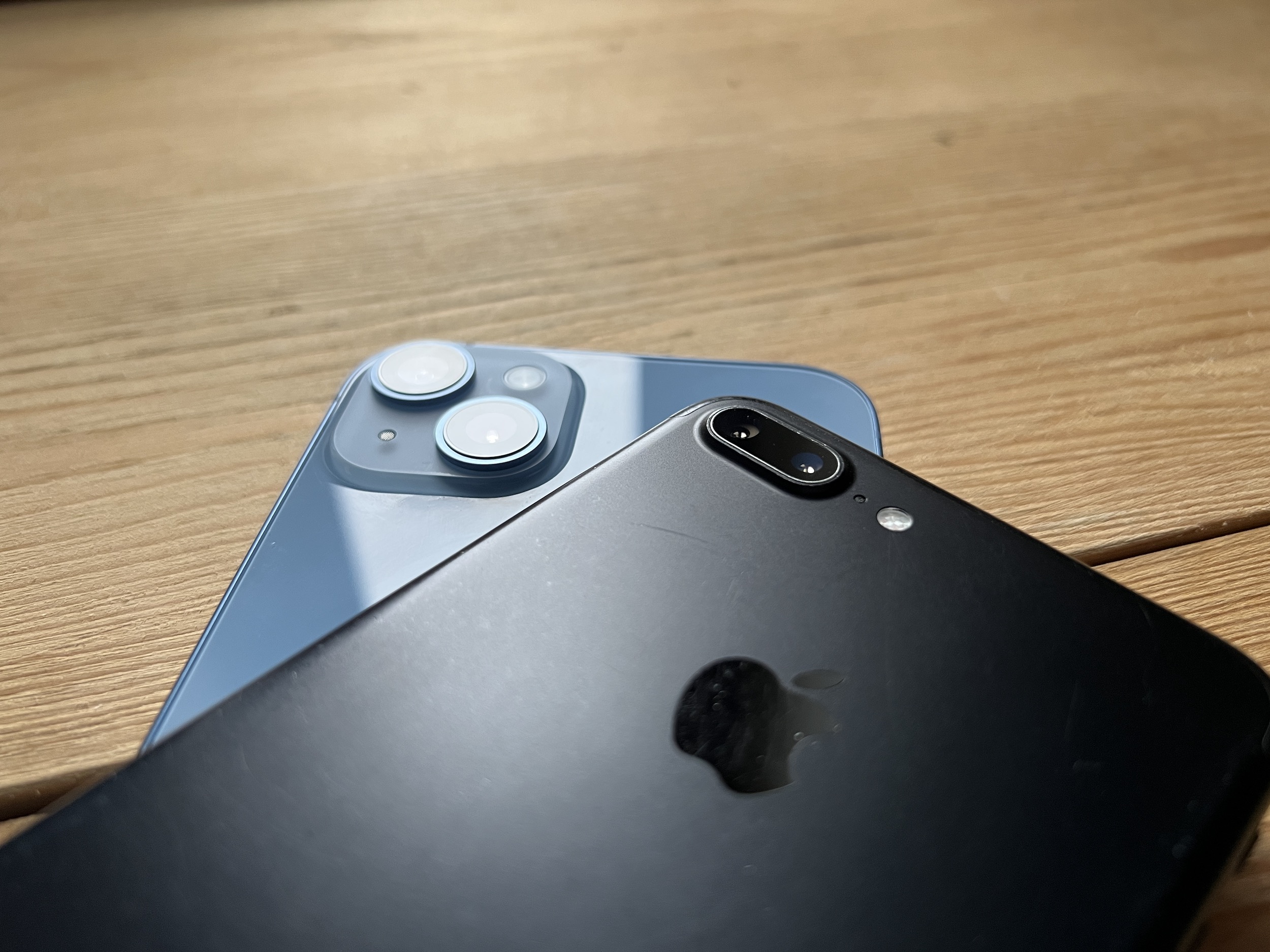
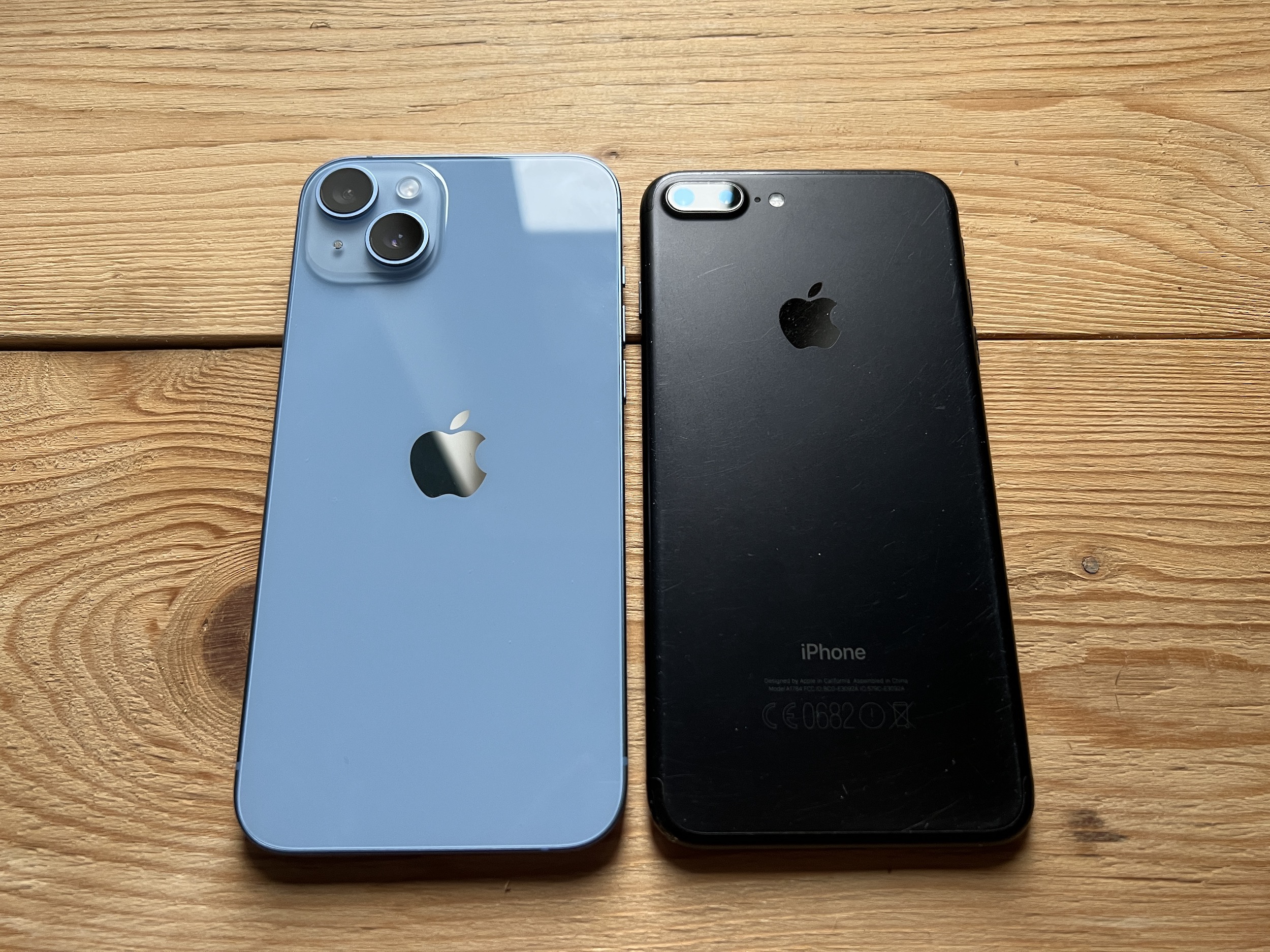
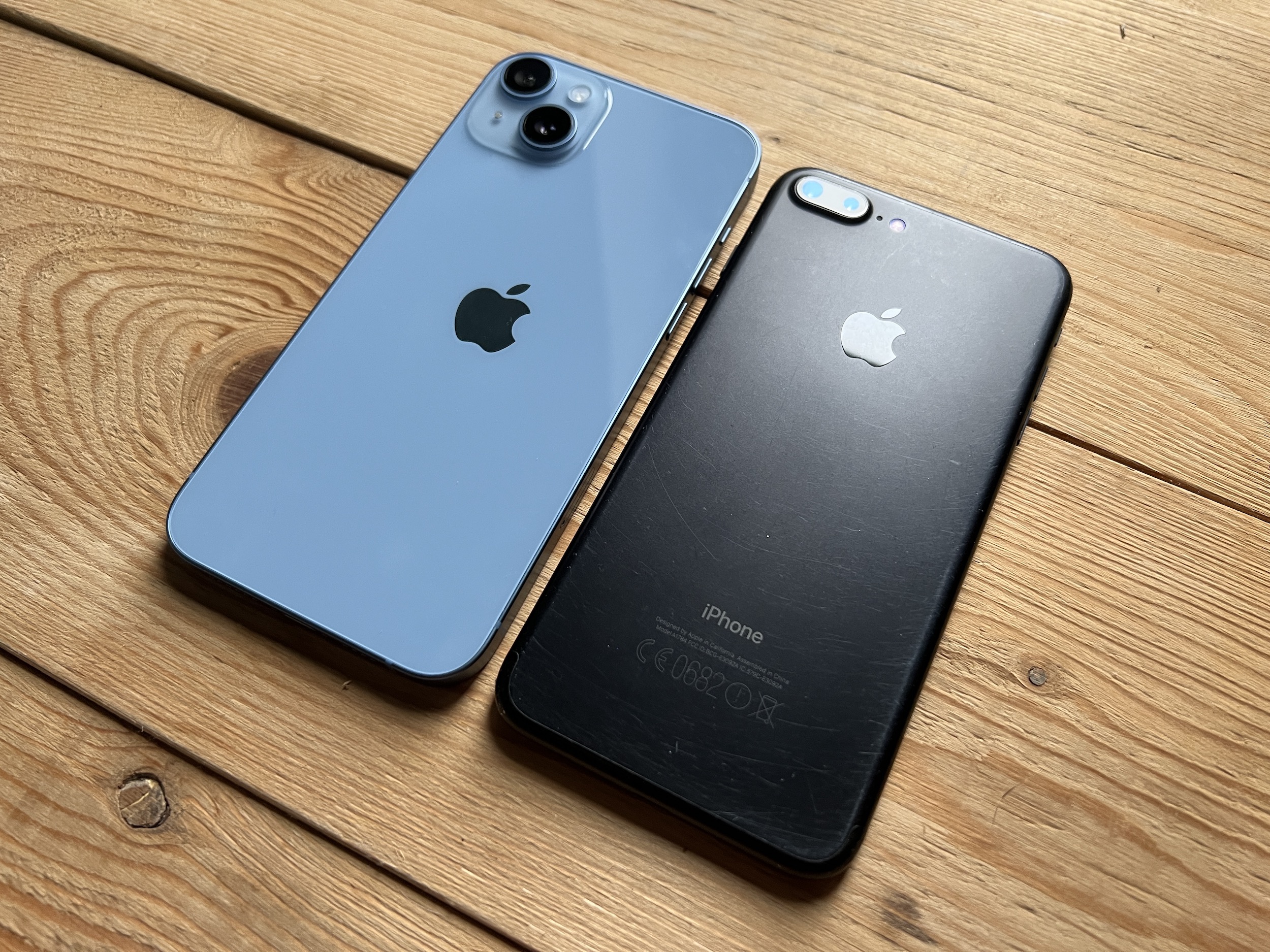

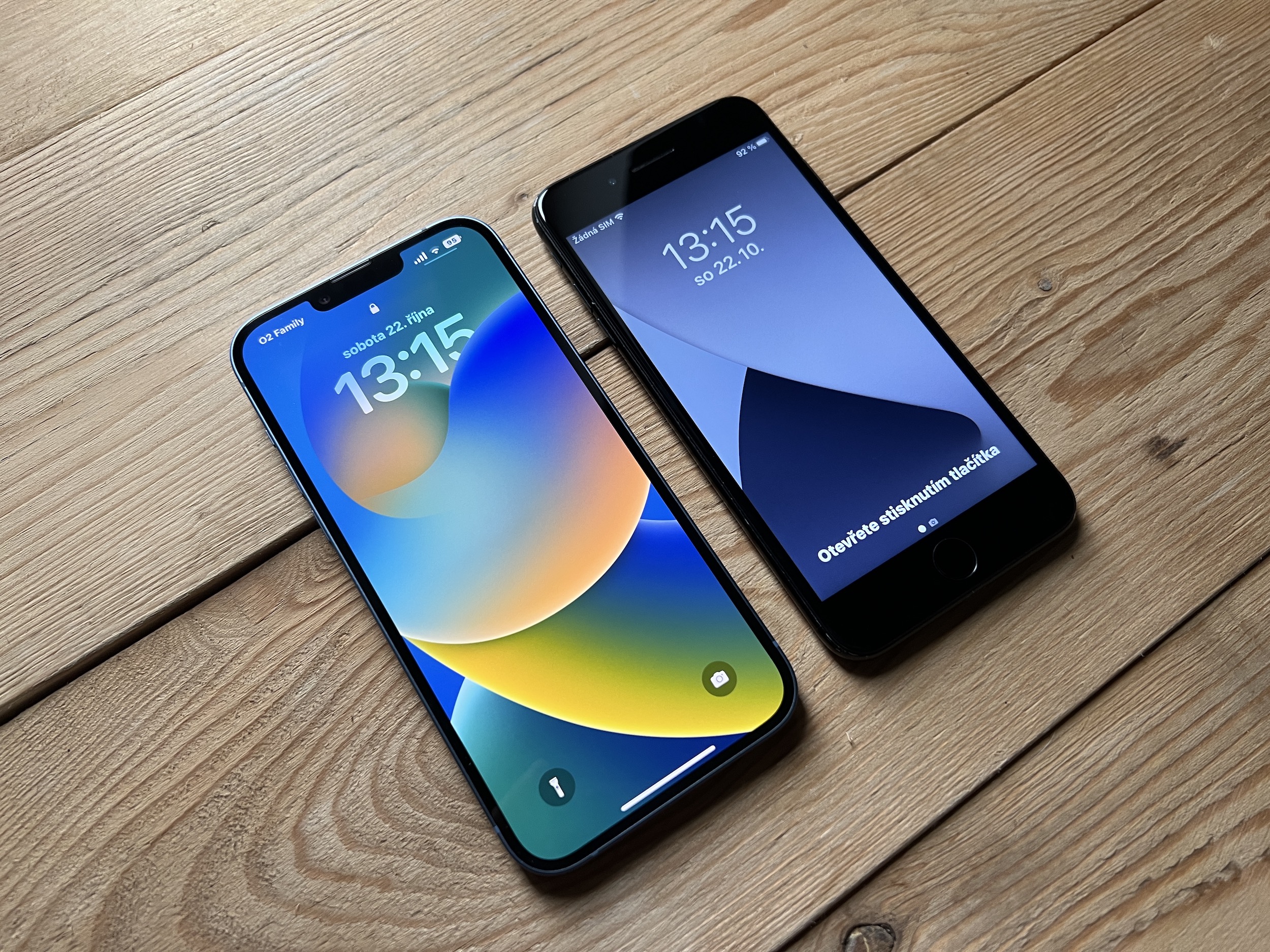
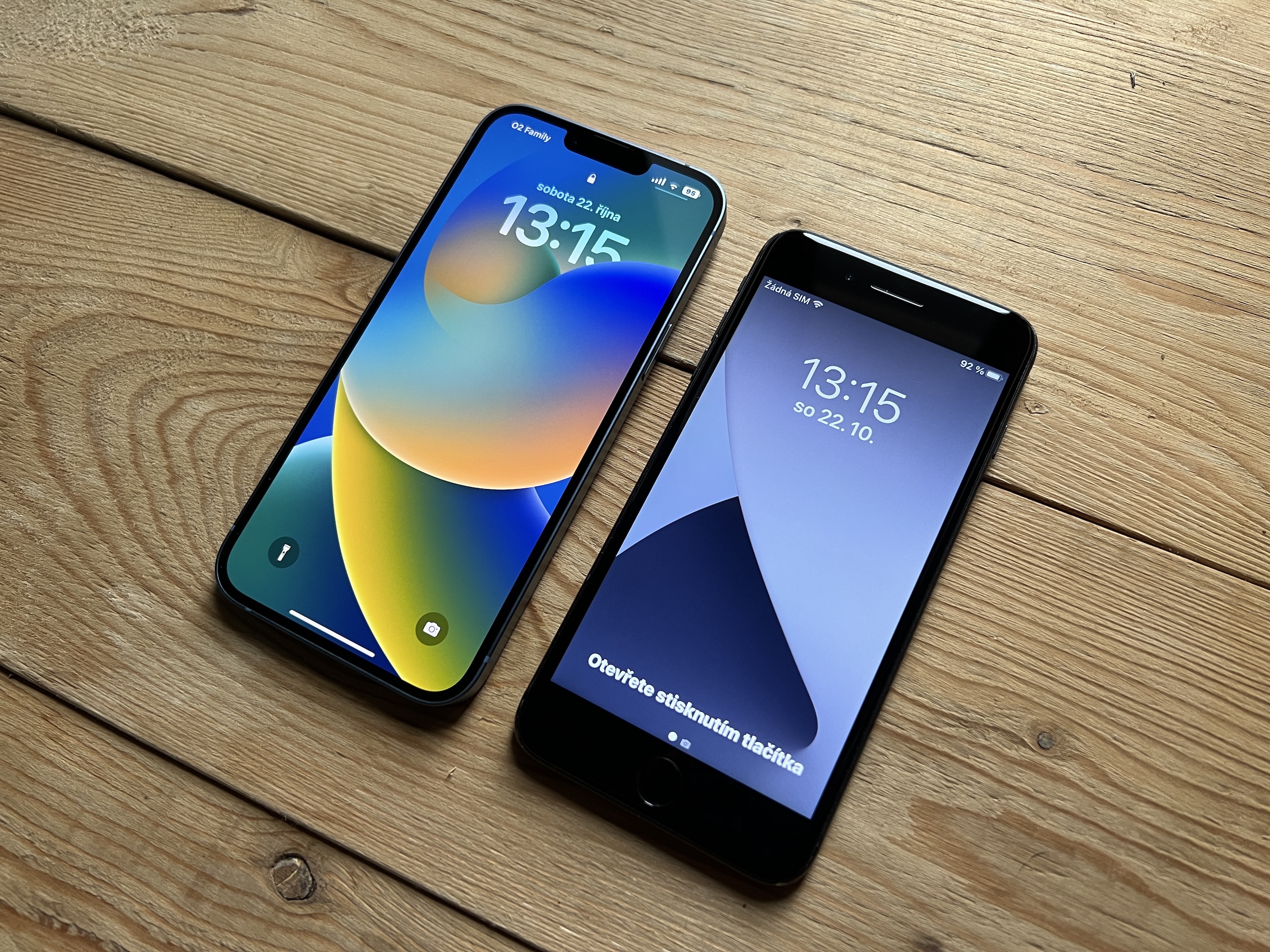
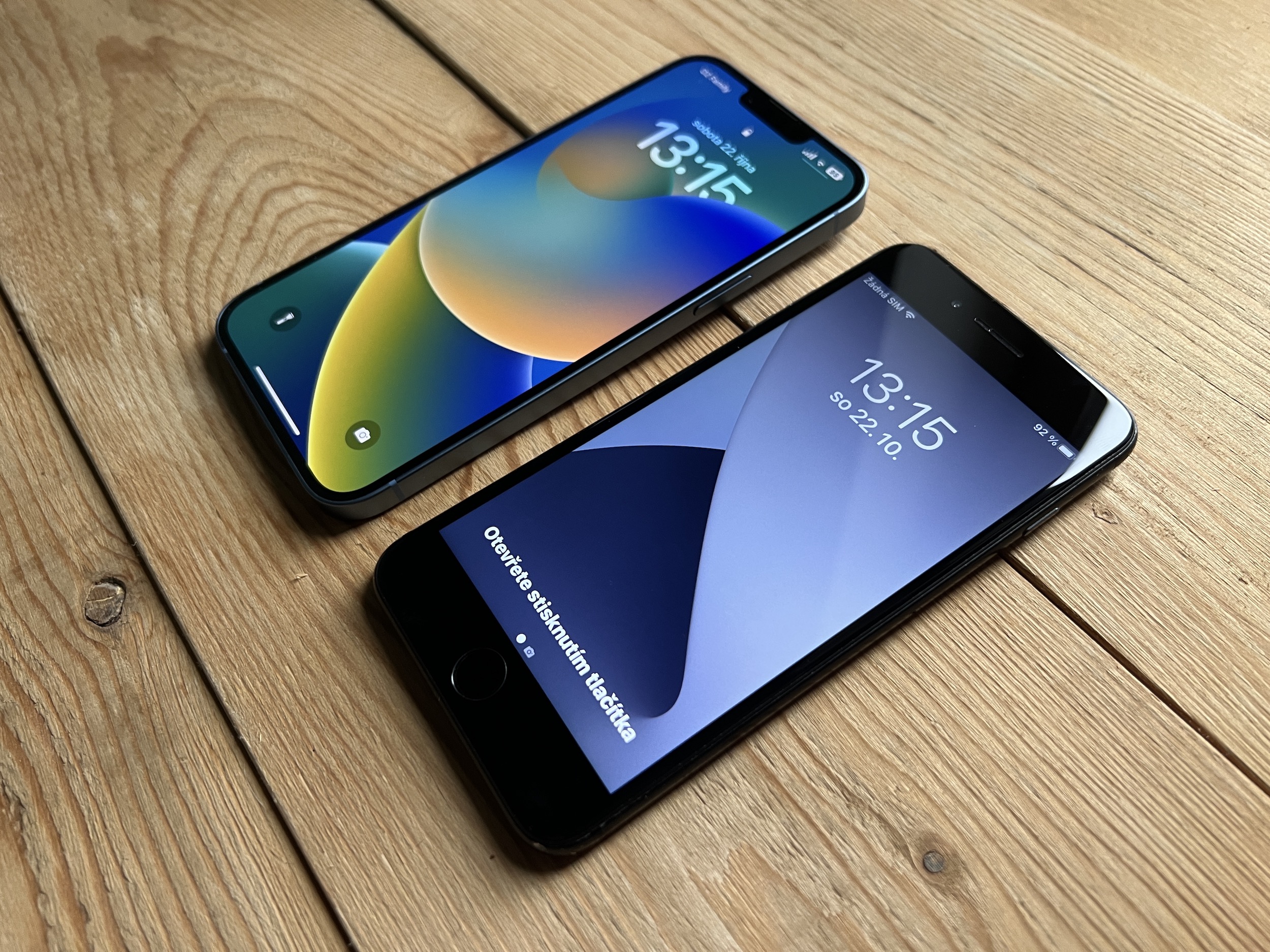

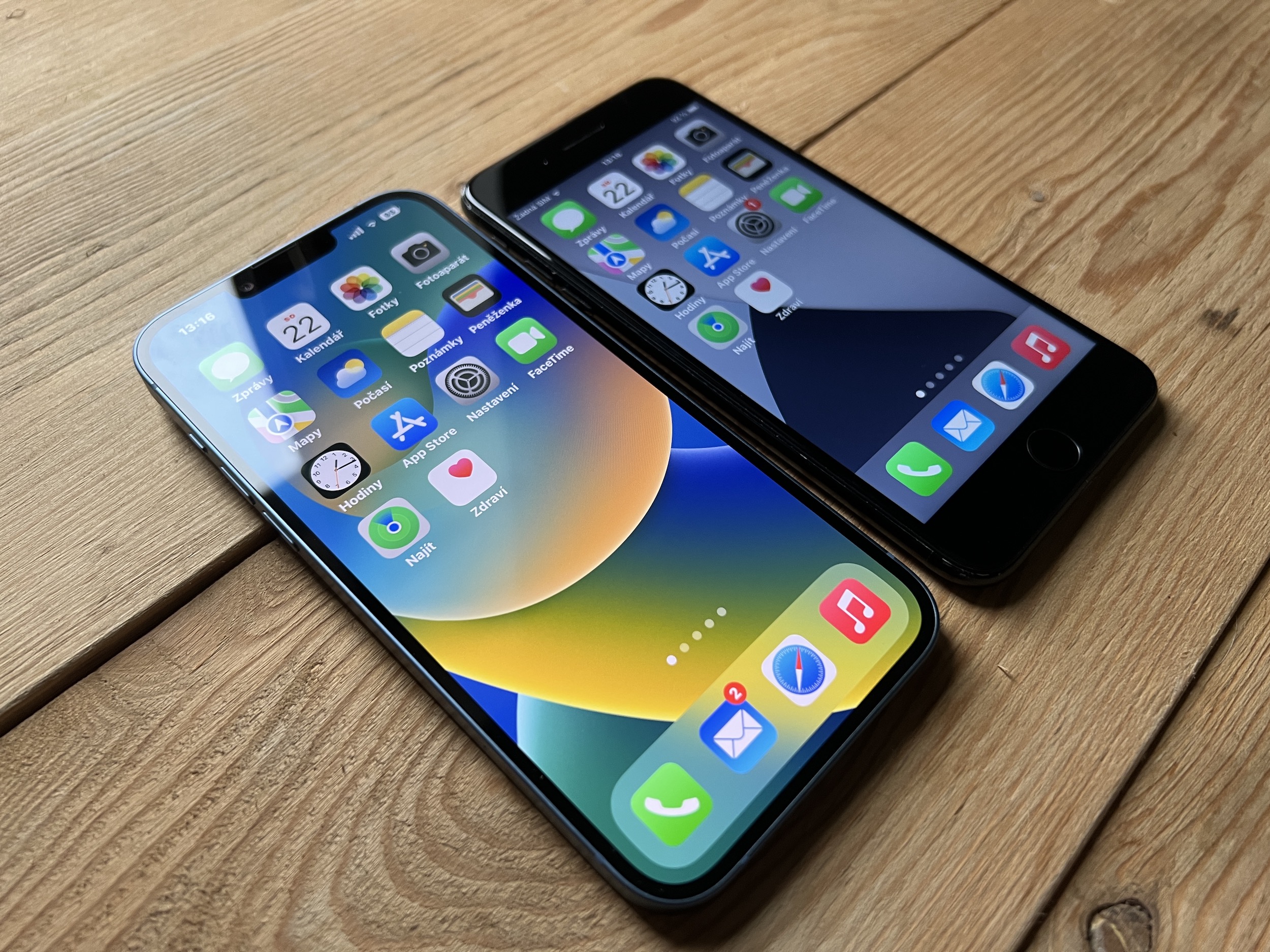
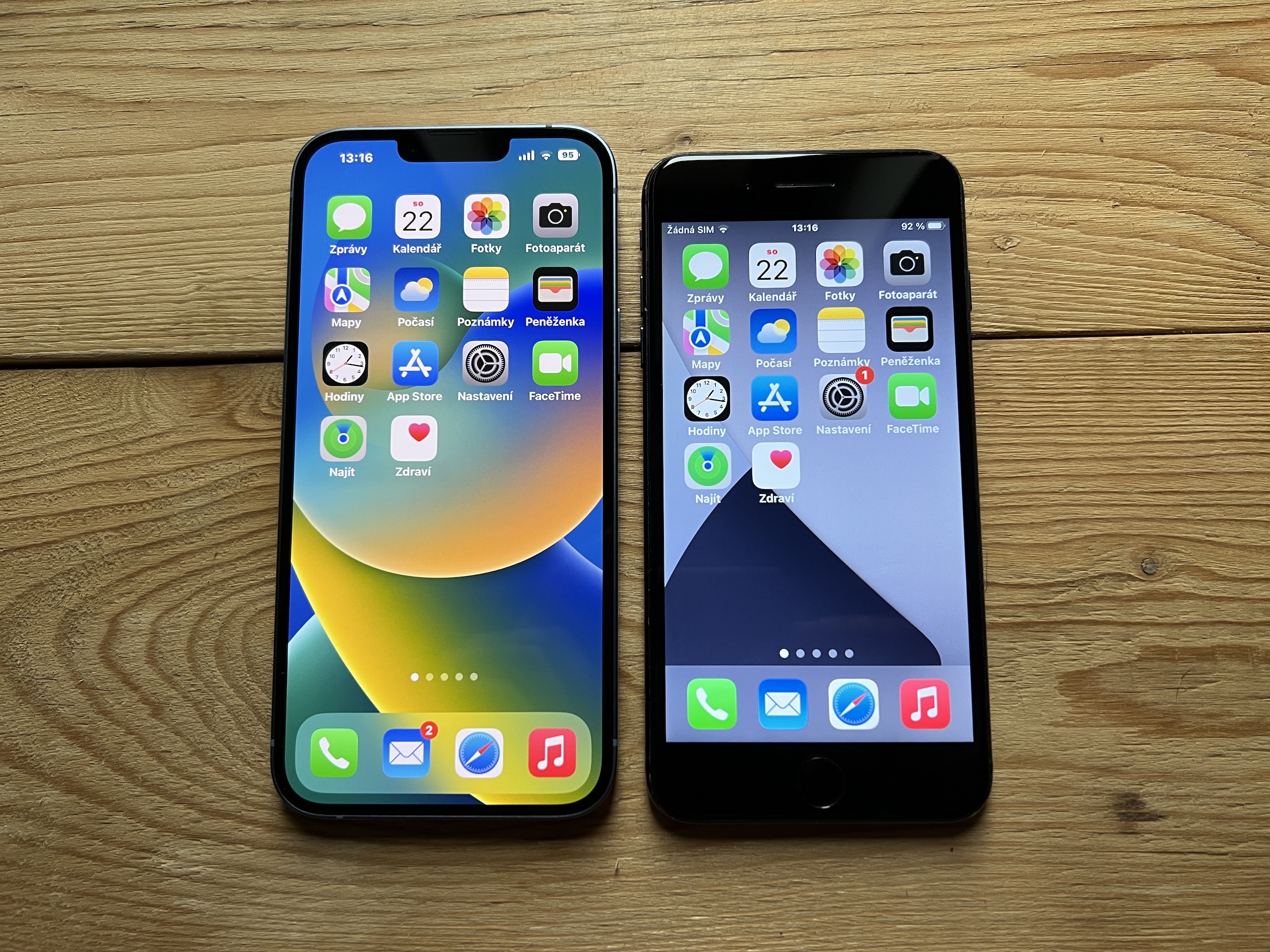

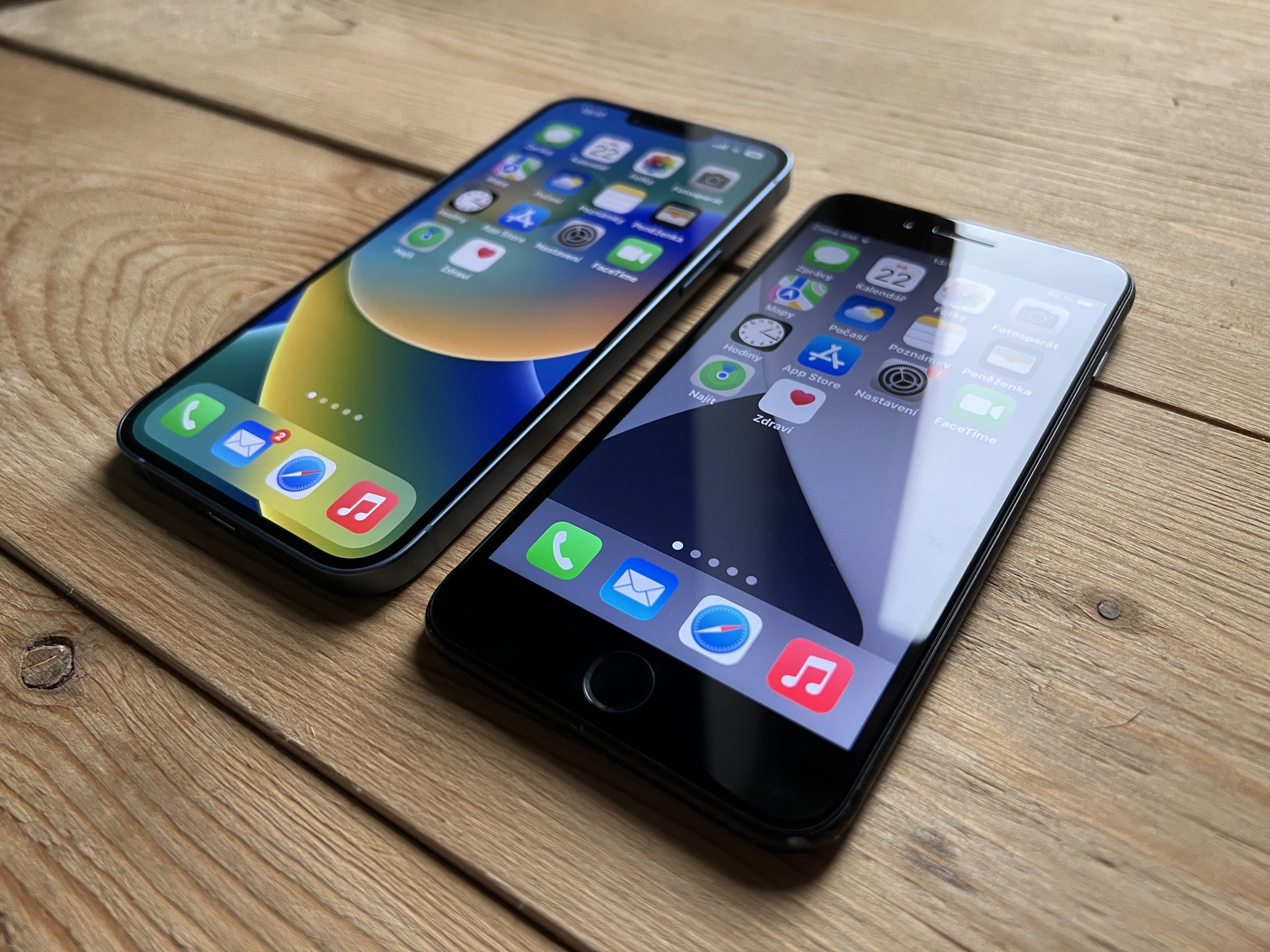
 Adam Kos
Adam Kos 
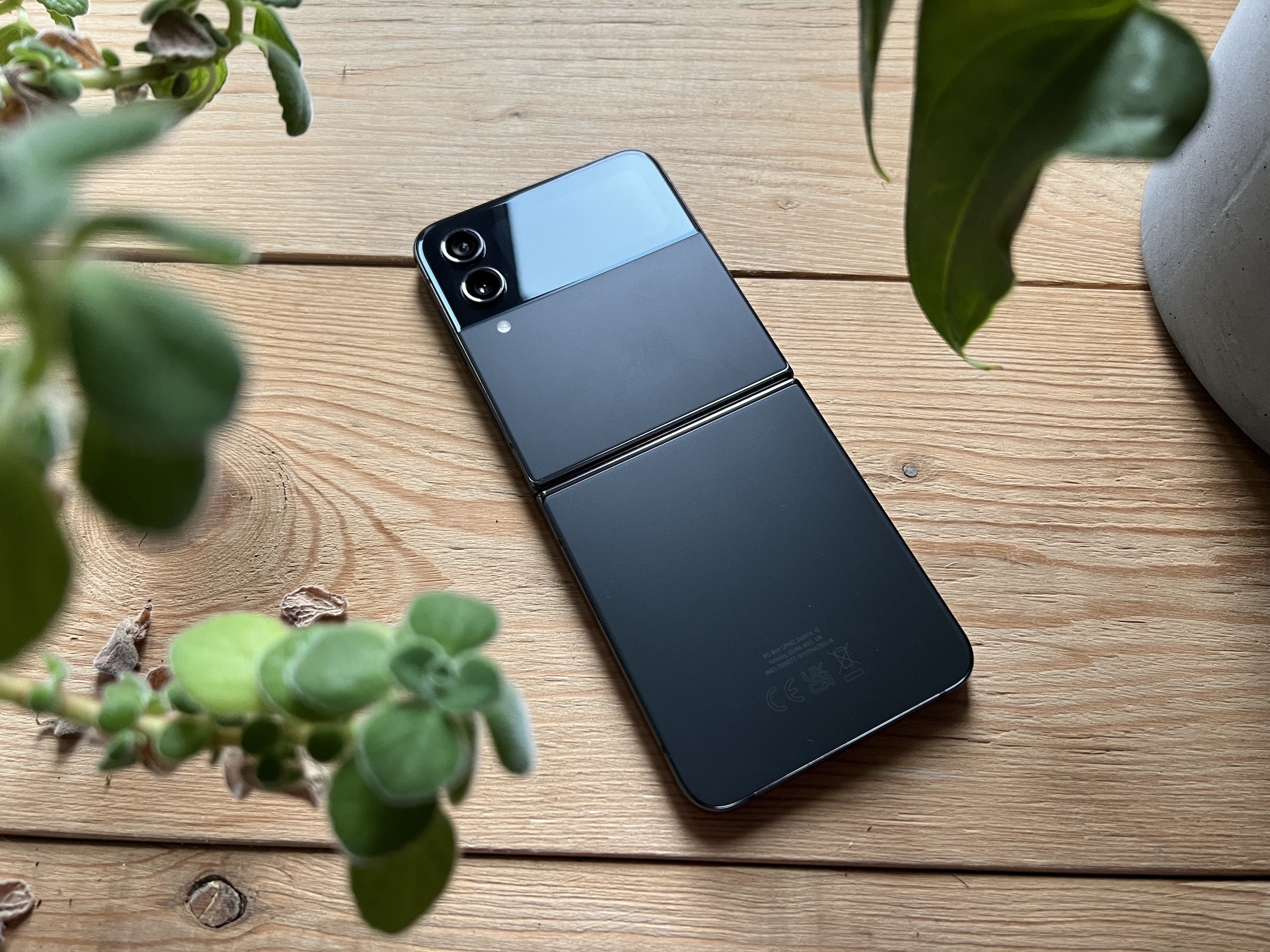
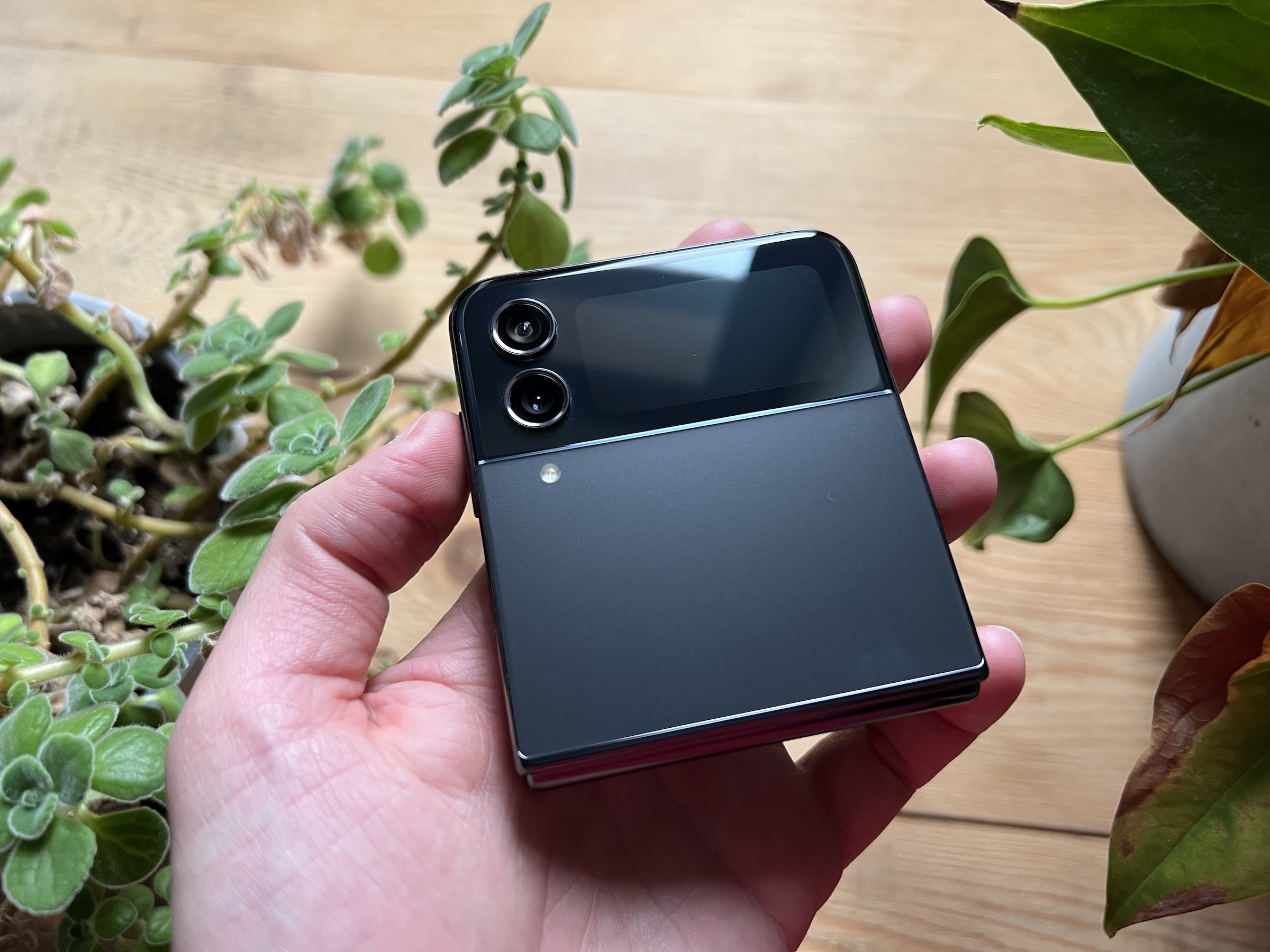

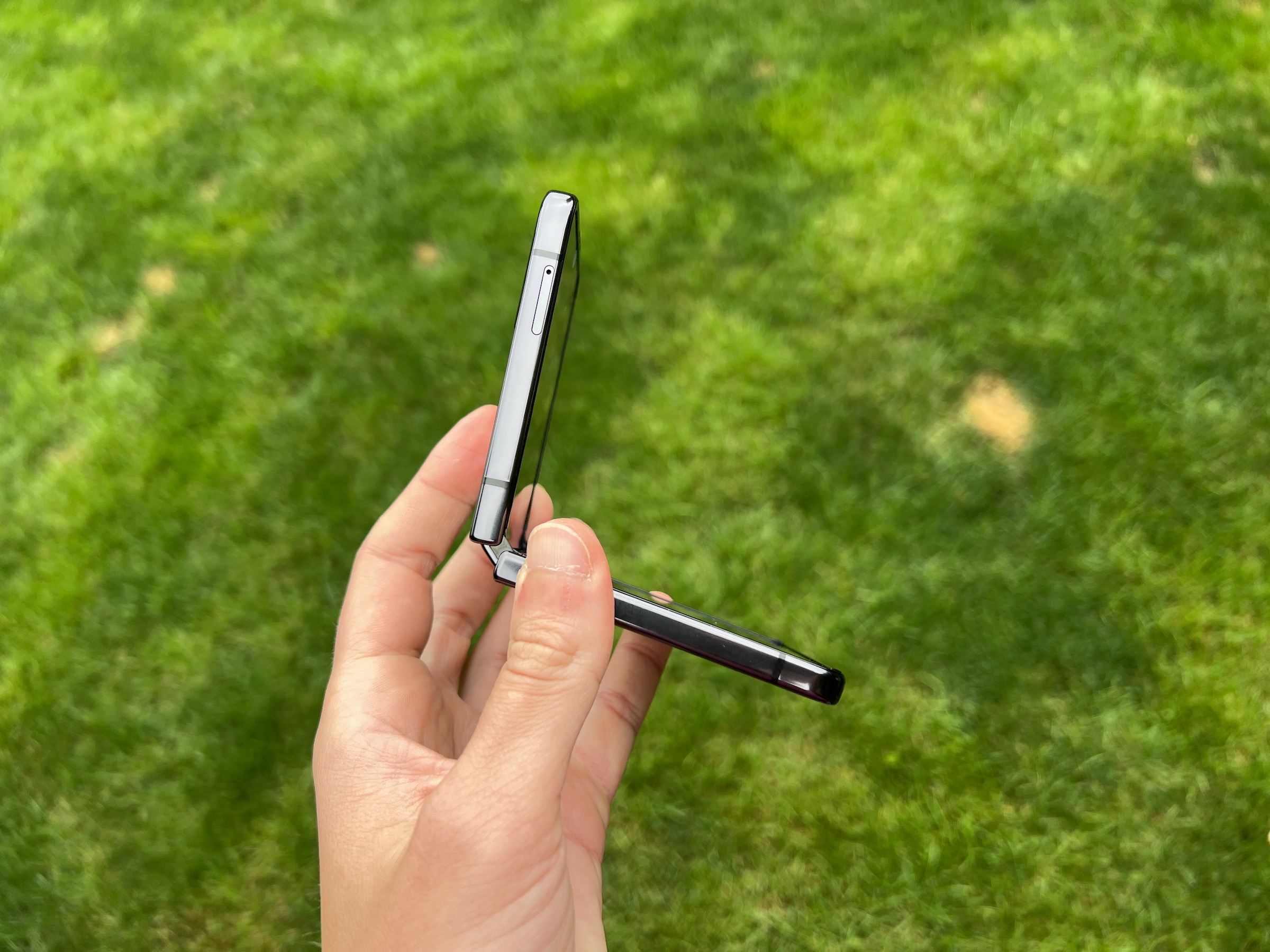
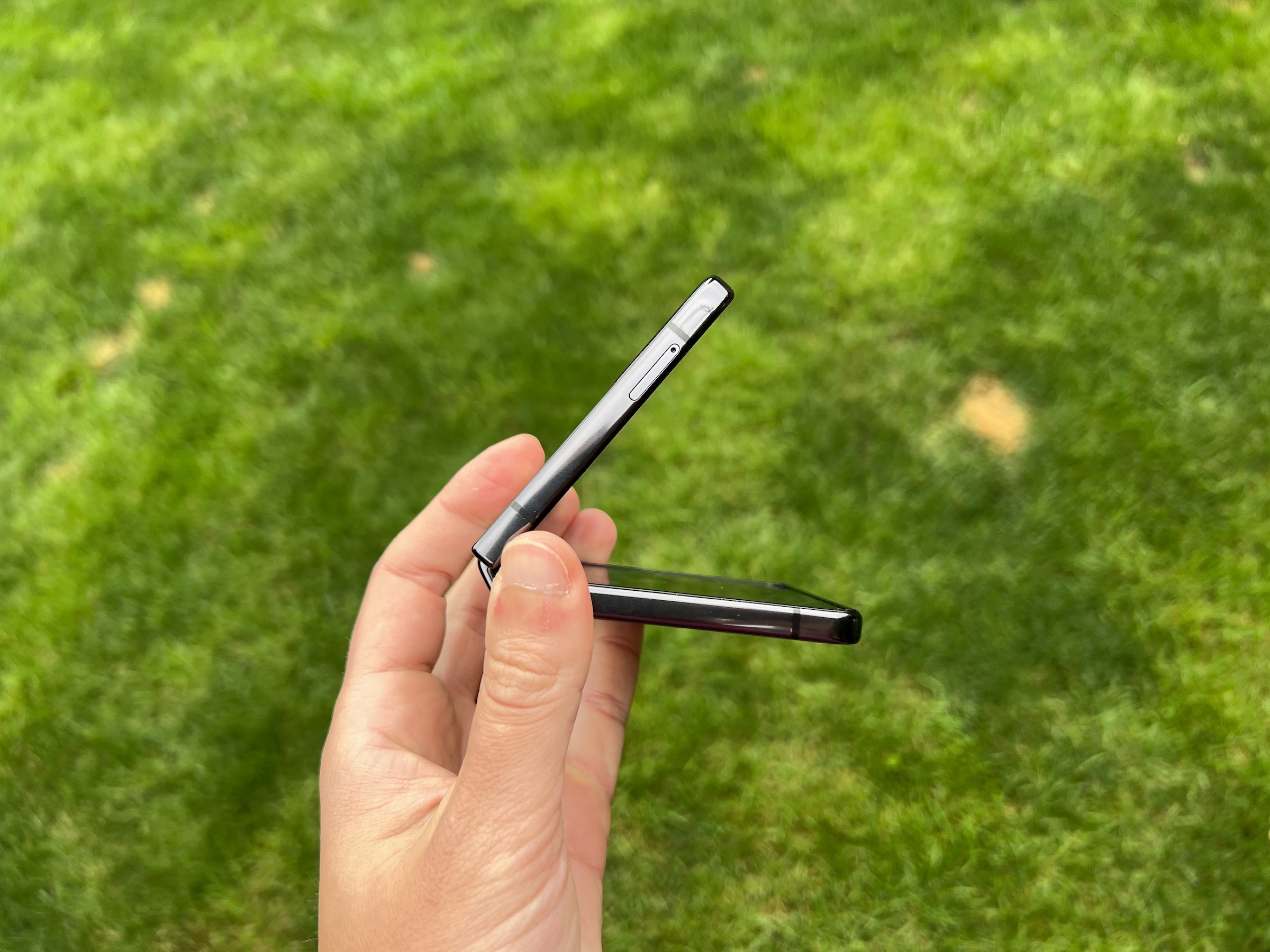
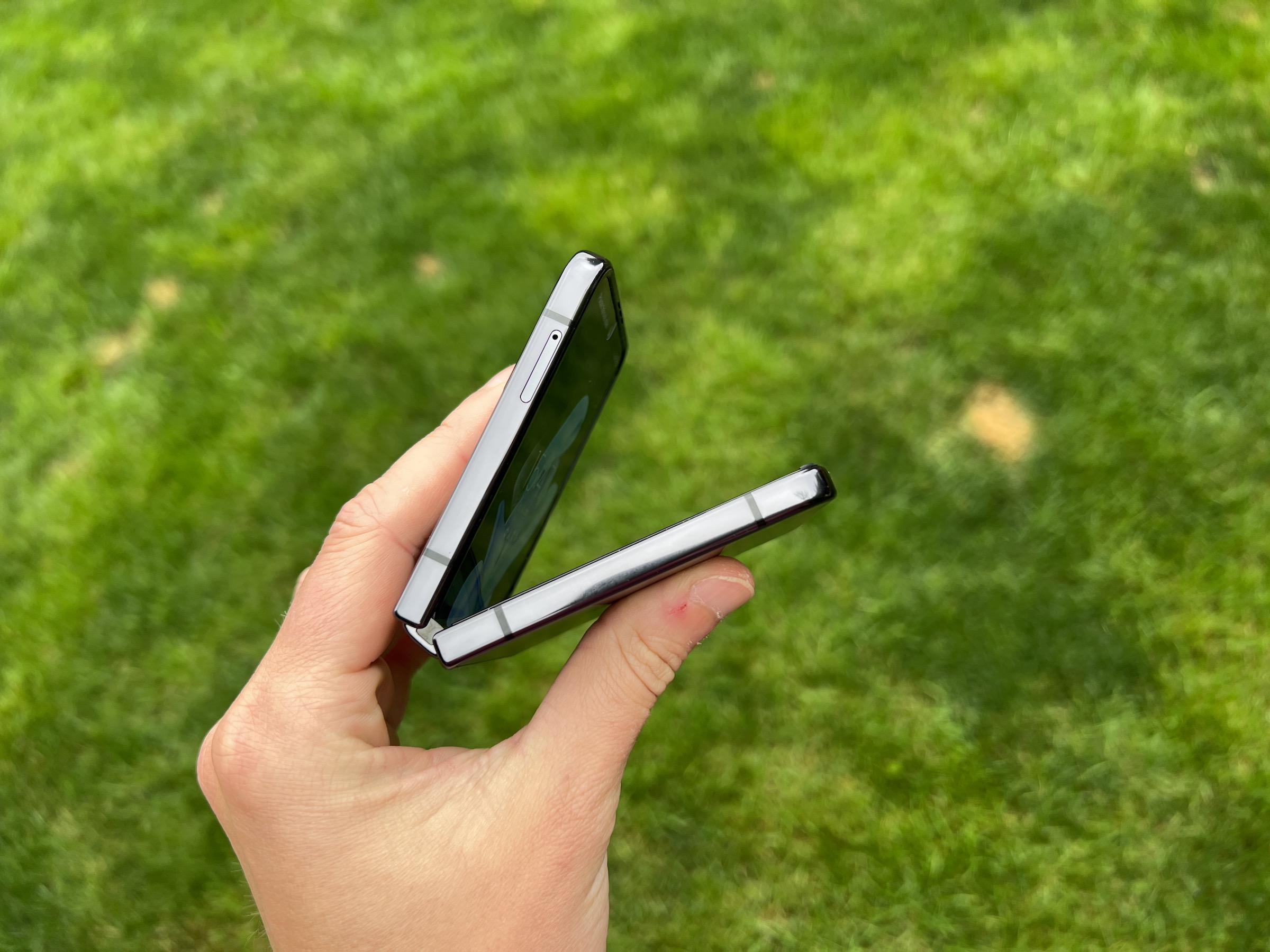

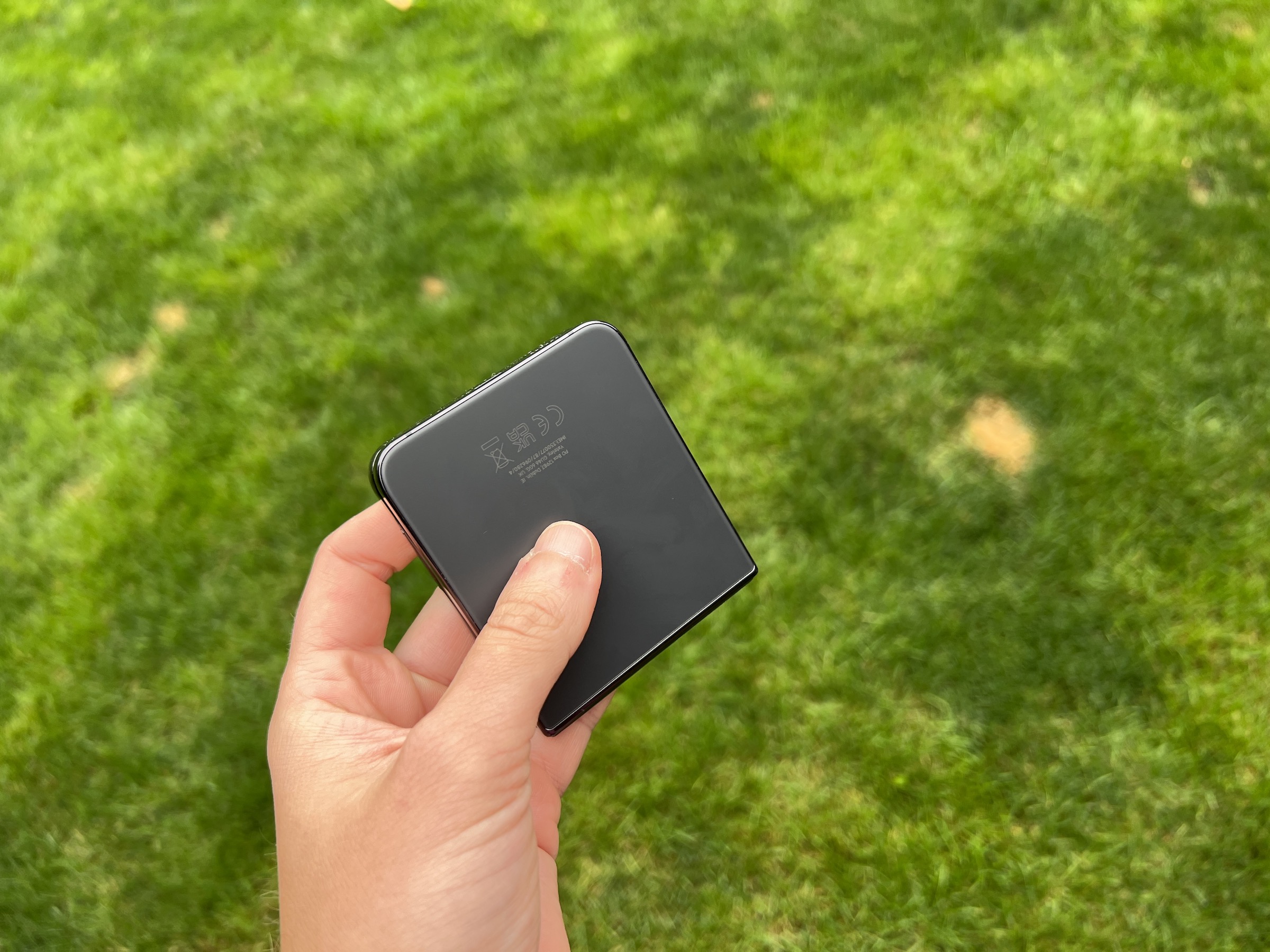
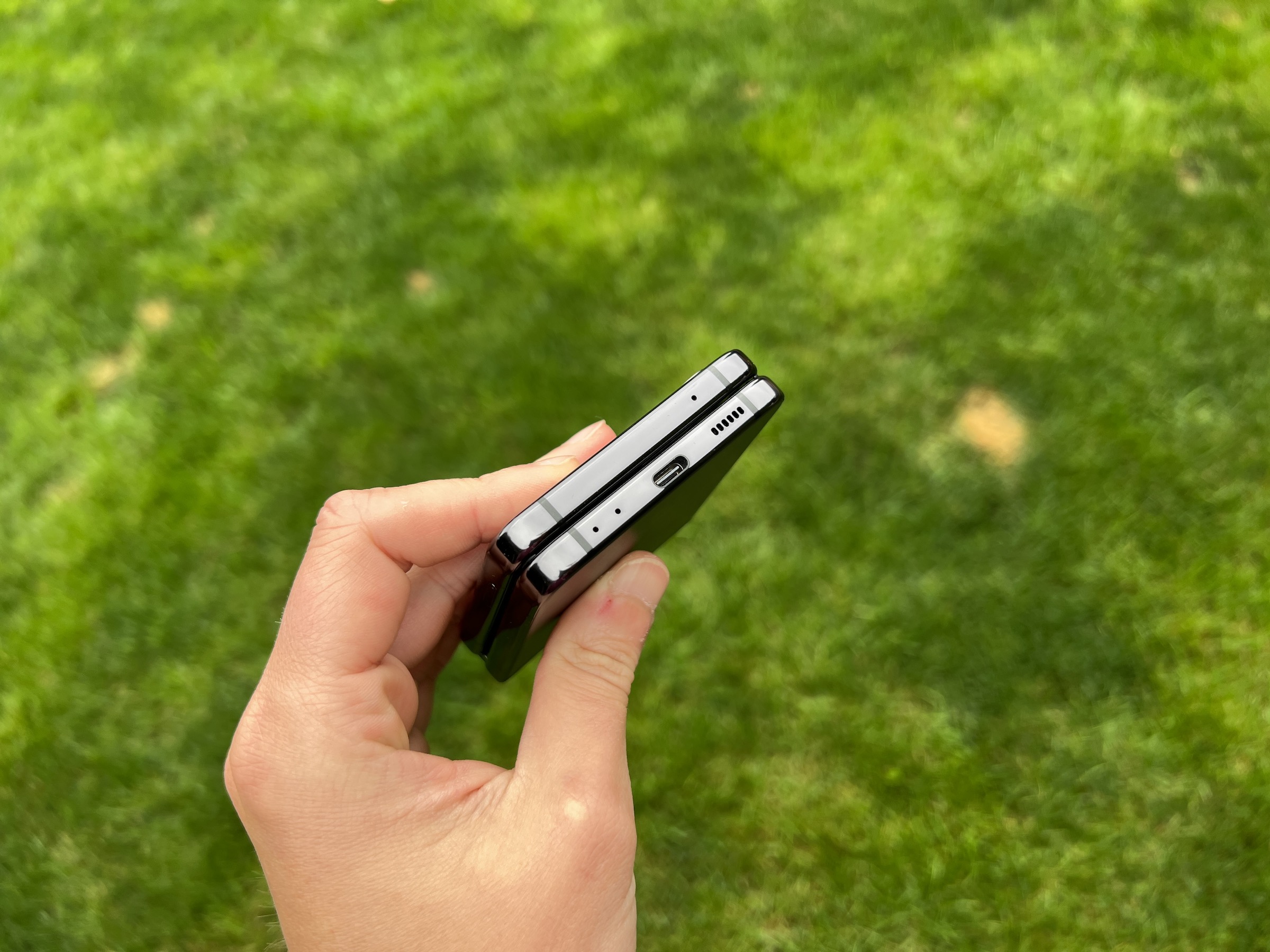
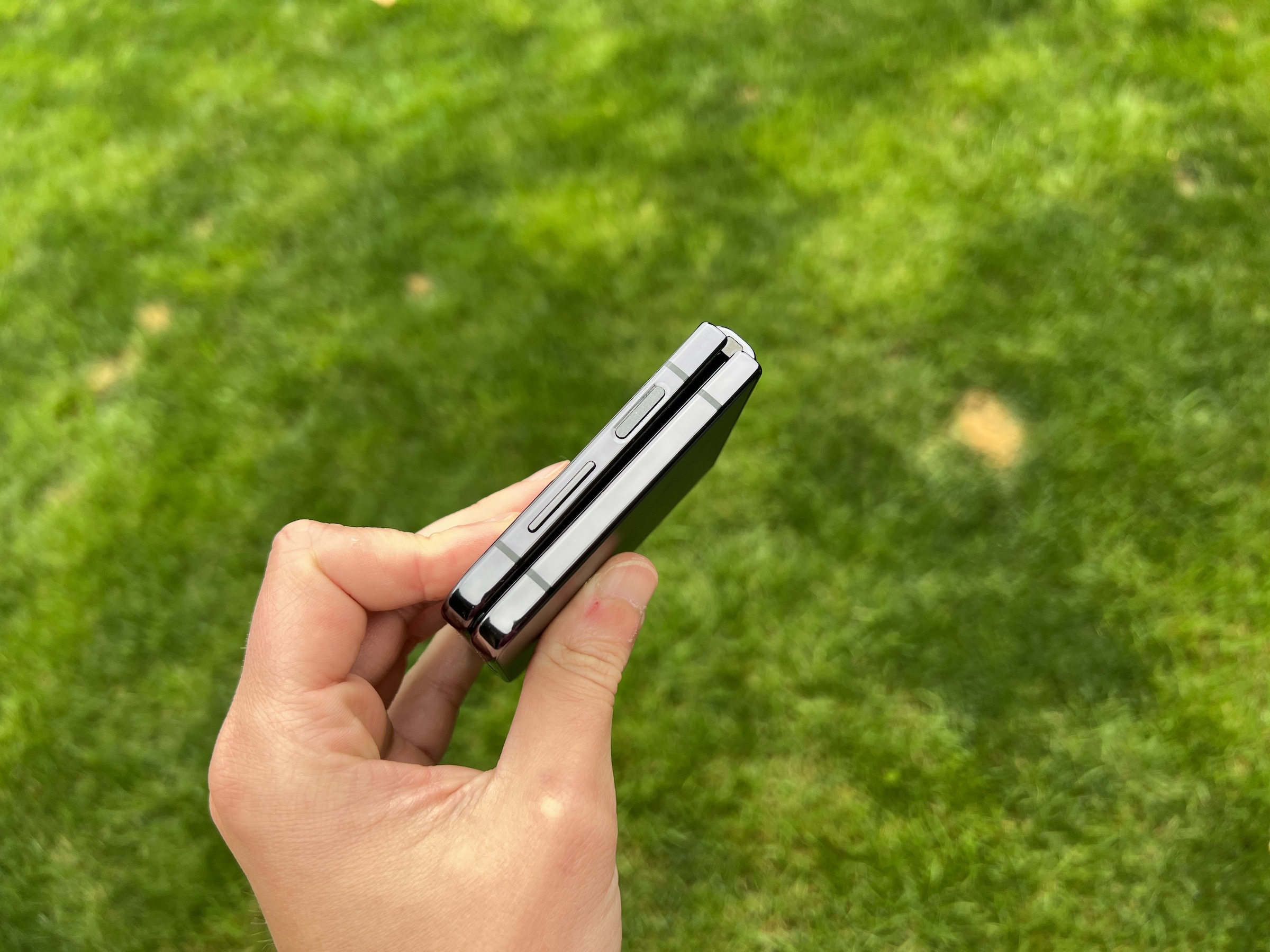


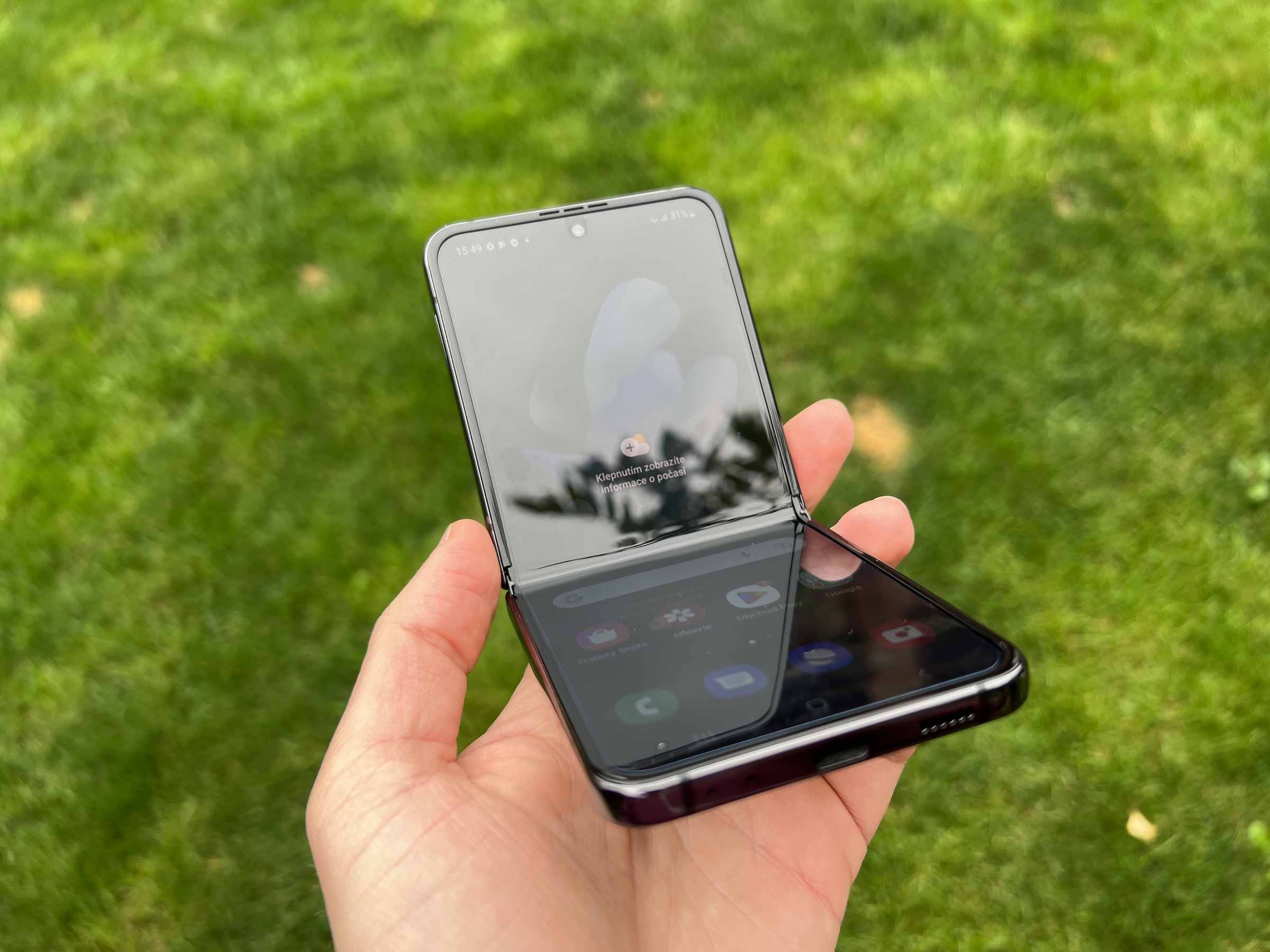
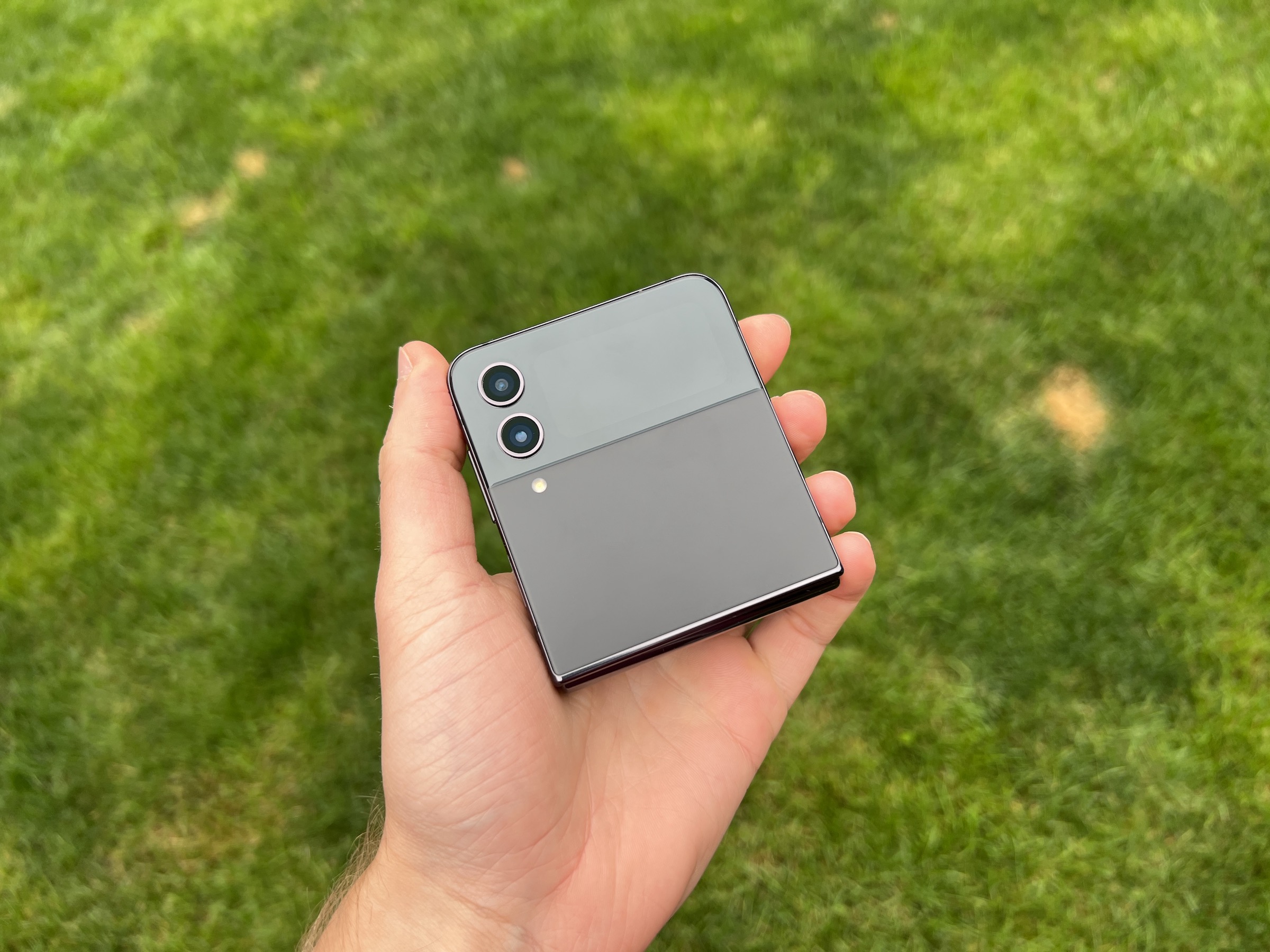
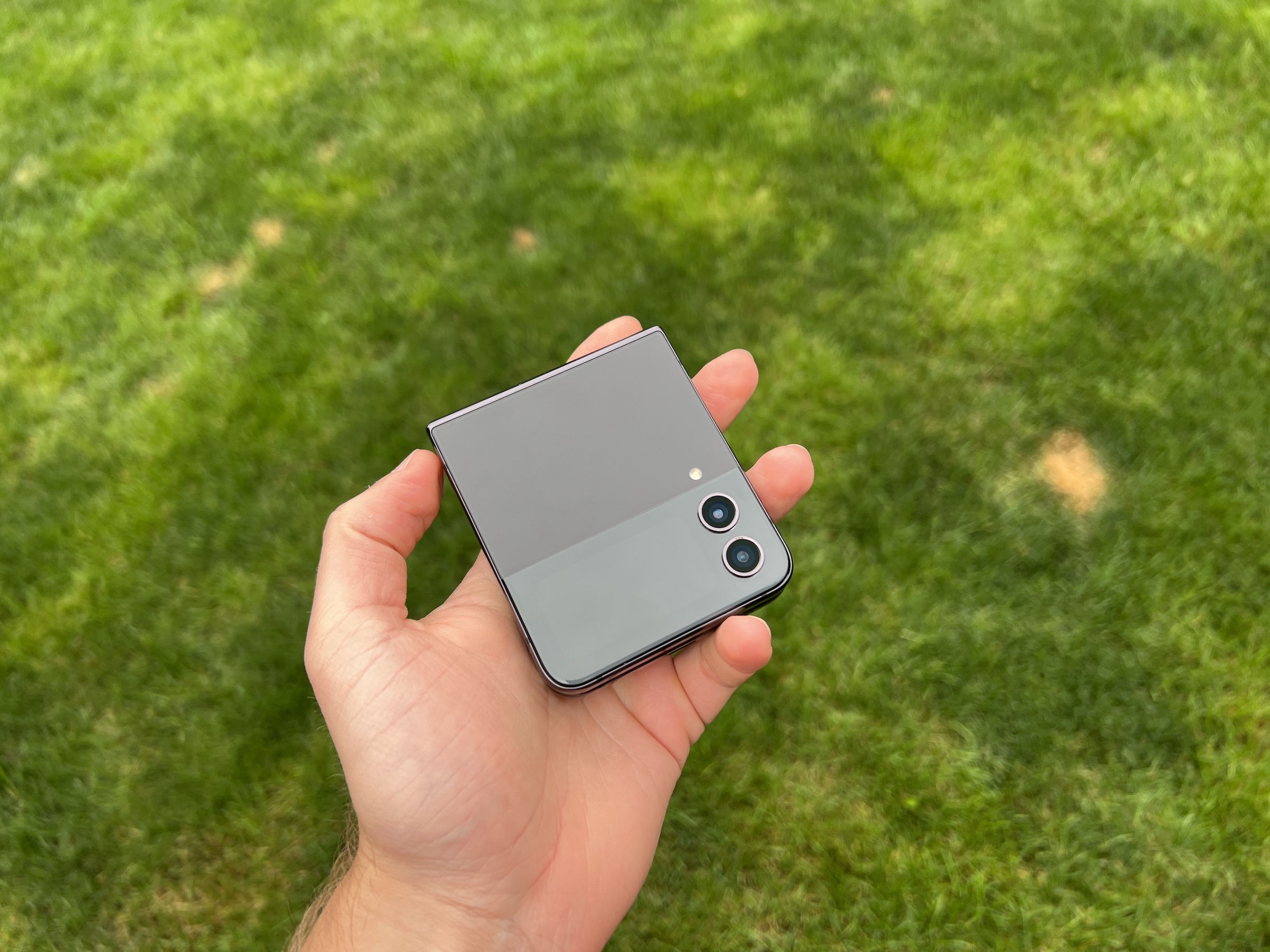
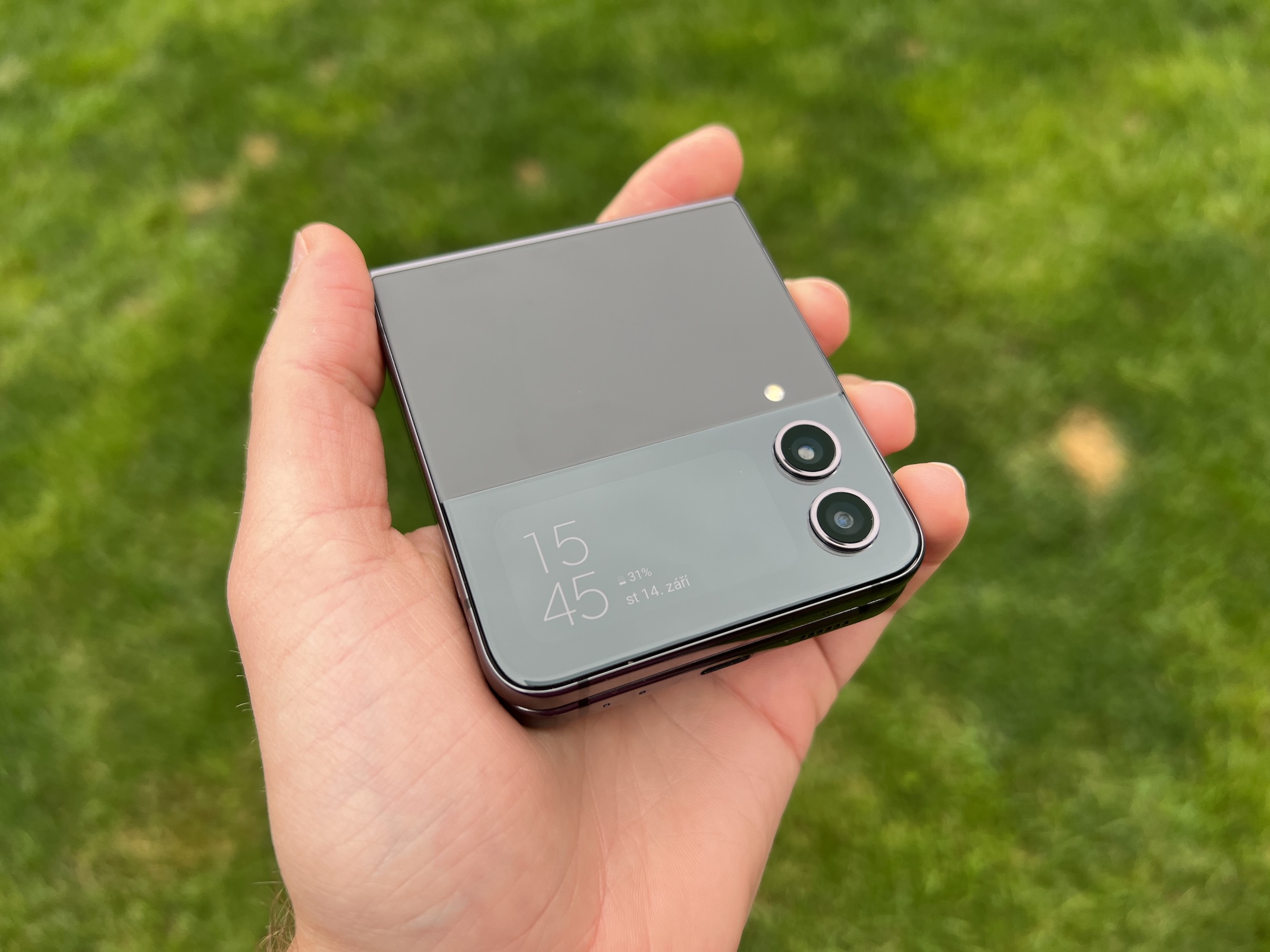

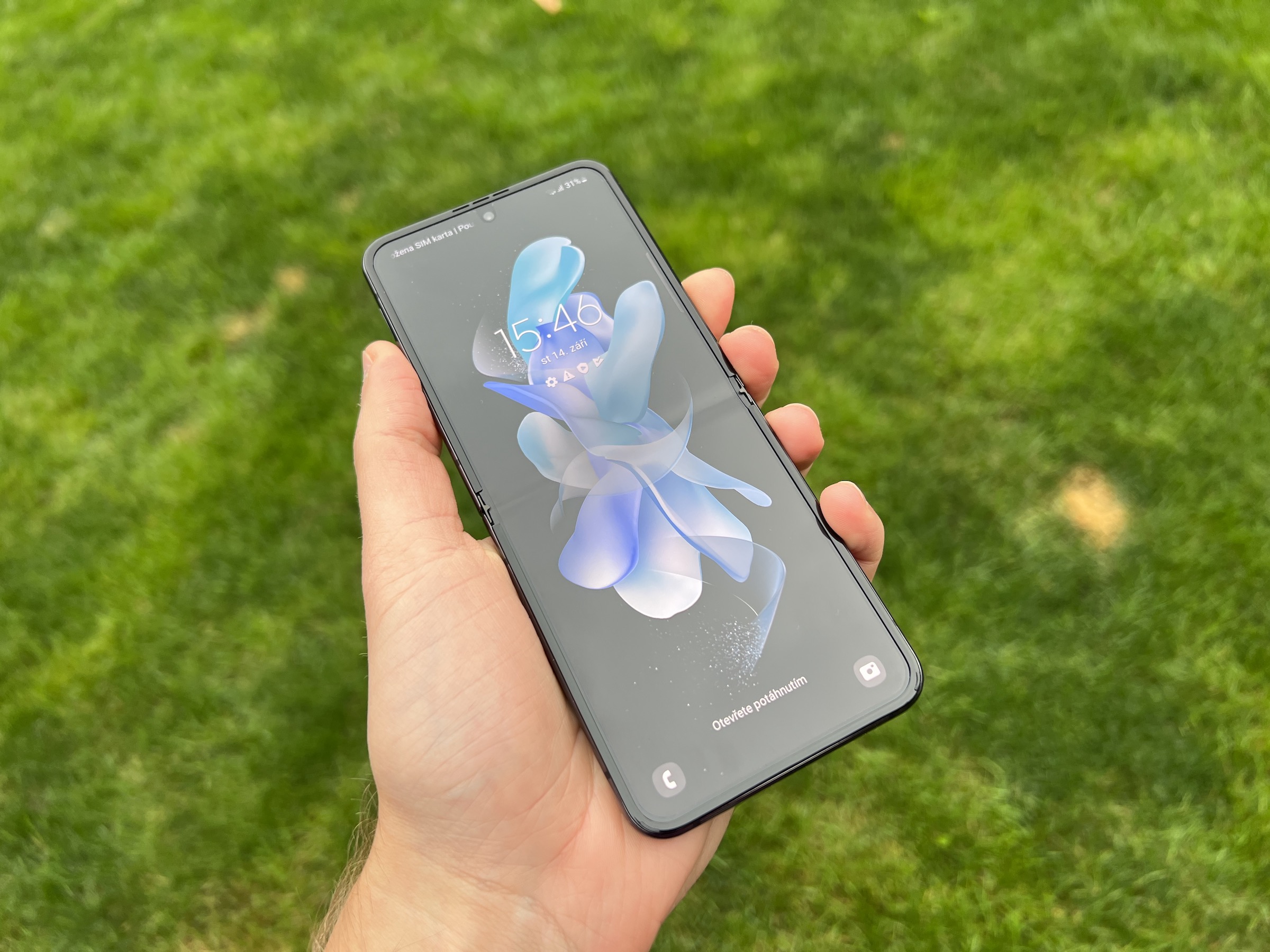
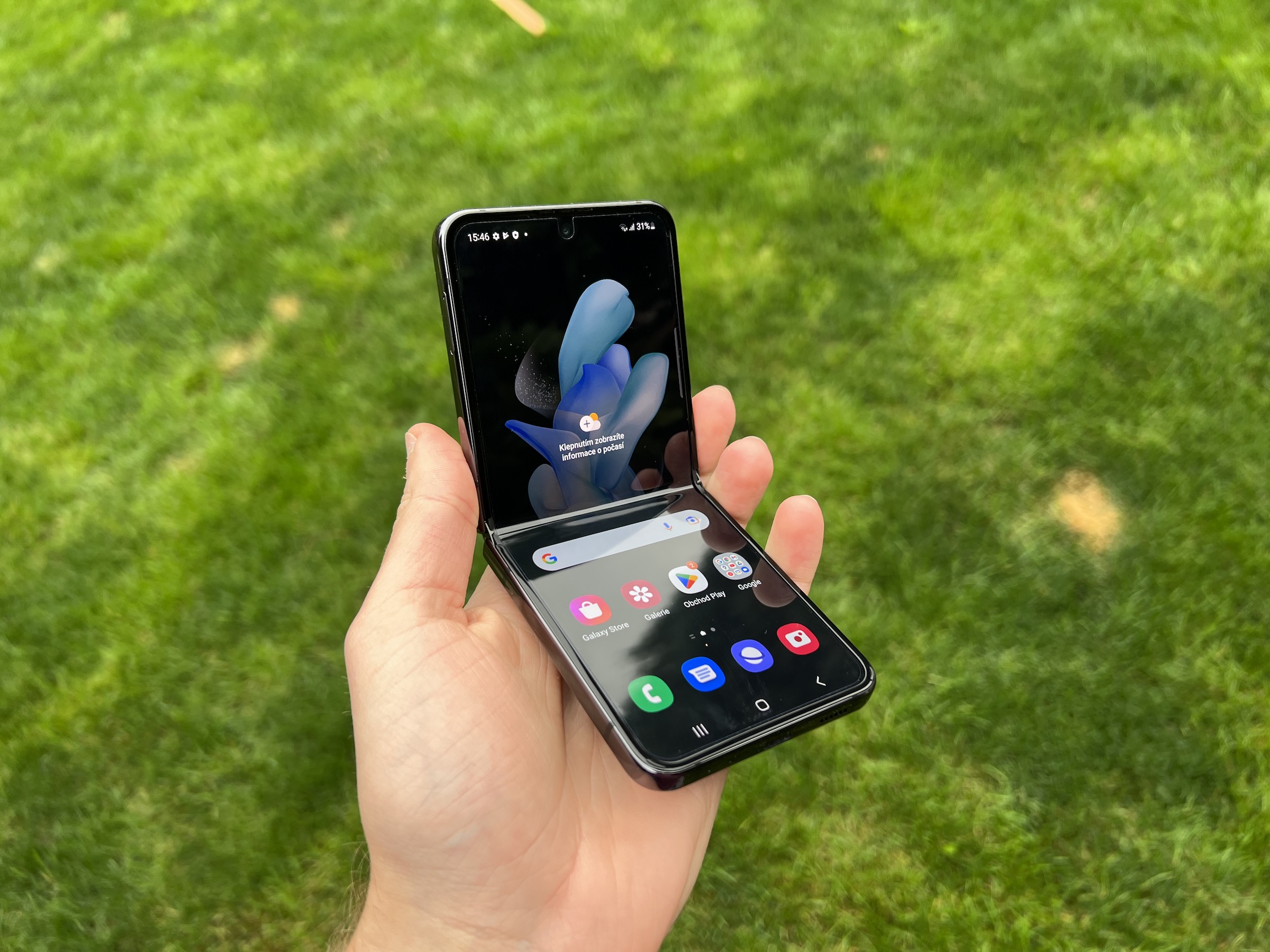

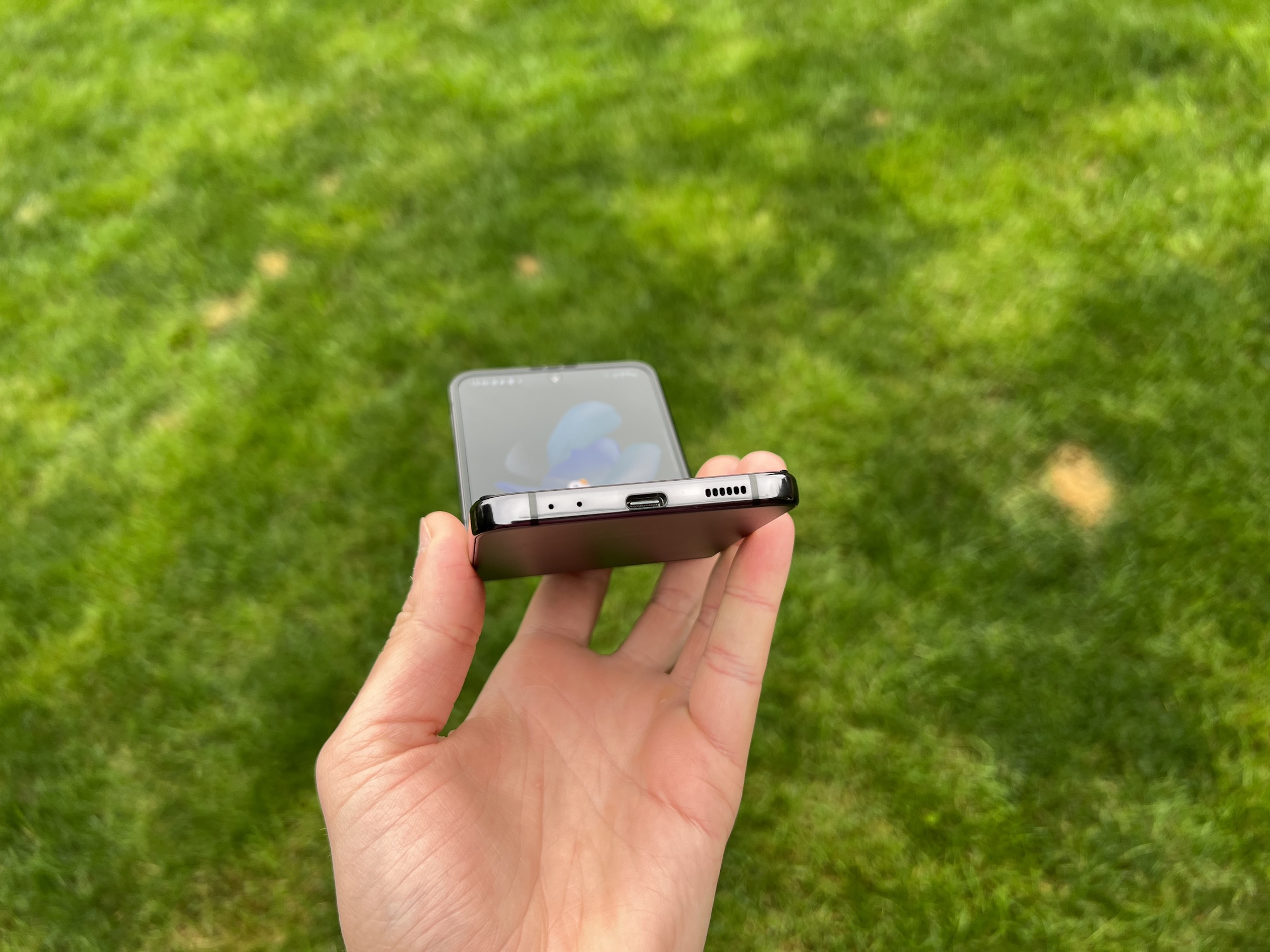
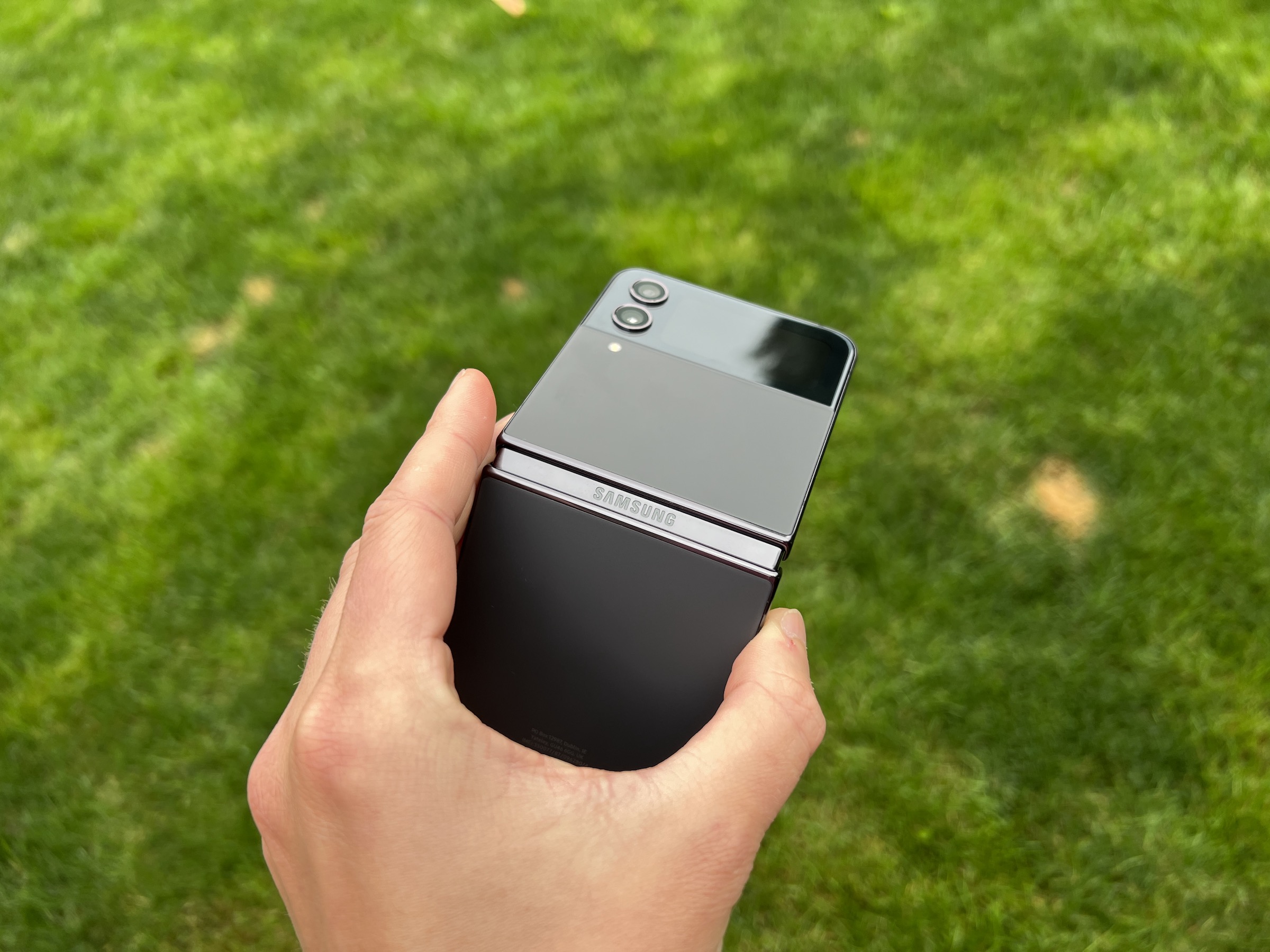

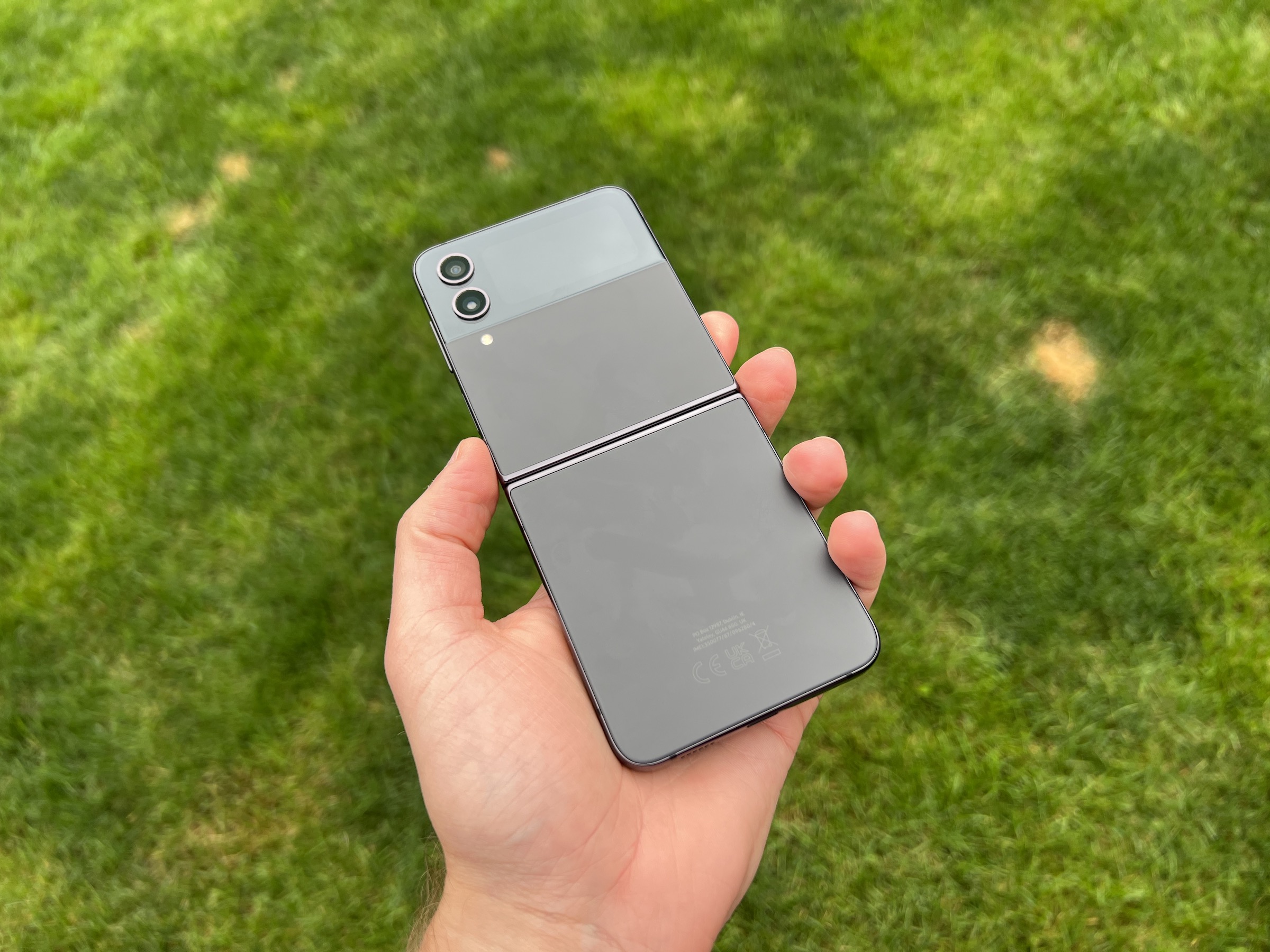
The biggest difference between ios and android was not mentioned at all. A large part of the system applications in Android is updated through the store. I.e. what requires a system update in iOS can be updated directly in Android. It's faster and available to a lot more devices because most of those apps don't need the latest OS features.
Hello. The information in the article is inaccurate. I have experience with both systems. Not every Android user is upper middle class. Quite the contrary. So support is usually 1 year. until the release of the new model. With Jabko, it doesn't really matter what the user owns. The support is many years long. For example iPhone SE 1st gen. Even after the release of the second patch version of IOS 16.1, it was patched to IOS 15.7.1 (the patch was released in early October 2022). Considering it's a 2016 model, that's a respectable support period. Even considering that it has not been produced for a long time. Android can't do this (yet).
You have a choice of Android. And that's what separates those systems. And that's not even talking about LineageOS
But this does not apply in general. There are many models in which it is neither possible nor meaningful to install an alternative Android that will significantly extend the support of the given model. Most regular users don't even know about this option. The Apple user has significantly longer support, regardless of which model of the new phones he bought. If the user buys Android for up to 10.000, he will usually not find it in the lists of supported alternative systems.
So mainly you provide inaccurate and misleading information. Yes, not every Android user has a mid-range or high-end phone. However, there are comparables to be compared, and you can't compare an Android phone for 5. CZK with "apple" phones, which are priced somewhere else. What is the relevance of the information that Android phones under 10 CZK, most of the time OS update is not possible (but some are) when there is no iOS phone in this price range... Do you happen to work in advertising...? :-)
Samsung Galaxy a53 could now be bought for less than 10000 with free buds 2 earphones. This phone has guaranteed support up to Android 16, i.e. 4 years + a year of security patches. For this price, the Apple fan won't even buy this year's iPhone SE (which, by the way, is an objectively worse phone).
XDA says something completely different and just looking at the Lineagos thread is enough. Mobile under 10000, clouds
I looked at the options and a few links and did a quick survey at work (surveyed a sample of 47 Android colleagues). 44 respondents would not be able to change the system. And not even with the help of someone experienced. 3, possible changes are not prevented. The majority reason was: I don't care (the length of support doesn't matter with them) or I'll buy another phone. 12 others own Apple. The reason is precisely the long (average 6 years) support, which Android normally does not have. Answer: I know it is always updated. So for me:
When it comes to standard support, iOS leads the way (purchased at a higher price). With Android, such long support is only possible with community support and the courage of the user.
However, for all those who don't care, everything needed still works right? Applications and system ones are still functional. Or it turned out in the survey that they have non-functioning phones or essential apps such as the website. browser etc?
I have a Huawei P9 2016 with stock android and Chrome is still updated so it is usable. I don't have a problem with other apps either. On the other hand, I have an Iphone 6 Plus ios12 and there is a problem in Safari that does not load some pages, the same iPad Air 1gen. Please do not know how to solve this? Maybe with some kind of "hack"? Installing alternative browsers didn't help, I think they run on the same kernel as Safari. Thanks. Martin
I have a low-end phone with Android 11, installed some applications from a super old phone with Android 4. The system warned that these apps will not run, but they run completely normally, support does not support. I like them and hope I don't have to say goodbye to them yet.
Yes, but you are comparing apples and pears. Even the cheapest IPhone belongs to the upper middle class in terms of price, so the author's comparison is correct, unlike yours. For the price of an IPhone SE, you can easily buy 5 cheap androids if each one is updated for only a year, it will get the same time for the same money, with the only difference being that every year with a lowcost android you get slightly improved HW.
Exactly - I wrote something similar above. But Vitungu is probably a blind "apple eater" and won't allow anything that could threaten their faith. I believe Vitungu is one of those who have an iOS logo stuck on their vehicle and think they are in. :-) I personally use both OS and each has its advantages and disadvantages. After all, like everything. Some apps on Android even offer more options than those for iOS, even though they are otherwise identical apps from the same developer. Nothing is just black or white...
I will not comment on insults. I'm not an Orthodox Appleman. I need to be able to operate both iOS and Android. You can also get an iPhone for under 10.000. The problem is that some don't stick to the topic. Basic sw jabka is updated normally every 5-6 years. Most regular Androids can't do that. Applications completed by the user and their updates can be solved automatically (without user intervention) on both iOS and Android. And for "Martin", I don't understand why he has sw 6 on his iPhone 12+, when he can be updated to sw 15.7.1 until this November.